Creating Your Homeschool Curriculum, Grade 6-8 – Free Resource Guide
How do I get started homeschooling my middle schooler? How do I know what to teach my 6th, 7th or 8th grader?
This free 30+ page Homeschool Curriculum Resource Guide provides some insight into how our family is navigating the middle school years. There are some basic checklists in each of the subjects from language arts and math to science, history and foreign languages. This guide includes some of the specific topics our family may (hopefully!) cover as the kids move through the middle school years, though as the guide will tell you… all three of my kids will have a different experience coming up through these grades — and yours will too!!
Why did I create this series, How to Create Your Own Homeschool Curriculum?
I first set out to create this Curriculum Resource Guide series because I had so many reader questions. Quite a number of people wanted to know what we did in 2nd grade, 4th grade or 7th grade. Readers would email and asked questions like – What subjects should I teach? Where do I start? I’m excited to homeschool, but I don’t know where to begin.
I found that a difficult question to answer because like many homeschool families we do many of our subjects together… so each of my kids will have a different experience in each of the grades. But, the question is still legitimate, right? We are all curious about what other families are doing with kids about the same ages as theirs. So, I started think about what we did in elementary and middle school and started to put together these resource packets. They offer a starting point, though 0f course every family will go on their own, unique homeschool journey! 🙂
What I hope to do with this series is give you a framework to see what we did (or in the case of this packet are doing as we speak!!). You can look at what we did and pick and choose what might work for your family. That’s the wonderful thing about homeschooling, you create a curriculum path that works for you! Remember there are FREE downloadable resource guides like this one for
Creating a Homeschool Curriculum:
- Kindergarten – First Grade
- Grades 2-3
- Grades 4-5
- and this free curriculum guide for grades 6-8 (updated in May 2023)
Create Your Own Homeschool Curriculum:
Free Resource Guide for Grades 6 to 8
How to Create Your Own Homeschool Curriculum: Gr. 6-8
This is the 4th in a series of curriculum resource guides I have created. This one has, by far, been the most challenging to put together. I think that’s because my girls are still coming up through the middle school years. All three of my kids have had a different homeschool experience as they’ve come up through the grades. (Does that sound familiar?!)
I’m also worried that you are going to look everything on this list and faint! You might wonder how you’ll possibly get through all of this. The thing is, many of these are topics we covered in earlier grades so our family just reviewed/hurried through the topics. Some topics we went into a *lot* of depth and other topics we scratched the surface, but then ran out of time.
So, just as each of my kids will all have completely different middle school experiences, know that your kids and your family will also pick and choose along the way. Some topics might excite your kids, other topics you glance off the surface, and still other topics they won’t cover until high school or college… or not at all.
You might cover given topics/subjects for a variety of reasons….
Your family might study a topic because your kids are fascinated or interested in a topic.
Your family might study a topic because *you* are fascinated. (We’ve all had instructors who ooze enthusiasm and excitement for a topic we never knew could be so interesting!)
Some topics are a means to polishing other skills… writing essays or doing research.
Some topics (like cells or geography) might serve as the foundations and bricks for other topics. For example, a knowledge of cell function and organelles helps in the study of the digestive system or the understanding taxonomy. And a knowledge of geography is imperative as you study the tensions and transitions of modern Europe from 1900 (the period of nationalism) through the end of WWII. These topics help, but that doesn’t mean students can’t pick up what they need to know later. ?
And often (for my kids at least) we study a topic simply because they don’t know much about it.
You will never cover everything!
Again, when you look through these suggestions, see them as a smorgasbord… Pick and choose. You might come back and look at topics again in more depth later. Or, you might skip some topics altogether.
No teacher in any classroom can cover everything (take that from a high school and college history teacher!! We educators *always* skim over some areas and spend more time on others.)
My kids each will have had a completely different experience coming up through the middle school years. None of them will have gone through everything. My main goal is that we dive and explore different topics and they are inspired and excited by what they’ve learned. And, that they build skills and continue to be excited about learning!
This year my kids are ages 10, 12 and 14. But people continue to ask for this guide, so as long as you realize this is a work in progress I’m happy to share my thoughts! By the time my youngest (now in 4th grade) finish middle school, I’m sure I’ll have a whole lot more thoughts and wisdom to add to this guide! Keeping that in mind, you can use this as a starting point!
How should I cover this material?
This is a tough question, partly because there are now SO many options!
- You can go with an online curriculum program.
- You can go with complete curriculum for all subject areas (There are too many to list here, but Sonlight, Abeka, BJU, Time for Learning, are just a few…).
- You can purchase individual curriculums in the different subject areas (for example, getting Cover Story for writing or Saxon for math).
- You can do a combination of purchased curriculum and your own unit studies.
- You can purchase (traditional) textbooks and supplement with other resources.
- You can develop your own curriculum journey by borrowing books from the library and purchasing used curriculum.
- You can have your kids take online classes (there are many quality teaching resources out there from coursera, to open courseware from universities such as MIT, there is Khan Academy and many, many other options.
You can do projects, lapbooks, or notebook pages. You can do experiments, crafts, posters, mini-research projects and all kinds of things to help your kids learn. You can read aloud non-fiction and fiction books. You can watch videos… by middle school our family incorporated a lot of documentaries and college lectures (from Coursera or other mooc courses). In the right context, (fictional) novels and movies can be very educational as well! You can go on field trips, to museums, and explore the online world. … and much, much more!
My highest goals have been to make the learning creative and engaging for the kids. I want them to have the skills they need to write well (and creatively), to think critically, to be able to learn new things on their own, to be polite, kind people. I want them to value education and to see what it will do for them. I keep the end goals in mind… And that’s *your* first step. Decide what skills you want the kids to have at the end of the year and at the end of this homeschool journey. Then slowly work towards those!
Unit Studies Science: We have continued to do unit studies through the middle school years. I have found that we have generally covered a unit on chemistry, the human body, physical science and biology each year through the middle school years. This year, for example (with DD in 7th grade) we did Earth Science again (supplementing with lectures from a coursera course called Planet Earth), scientific classification & taxonomy, the digestive system (and nutrition), a chemistry unit, and a quick botany unit.
Unit Studies History: We have kept moving progressively through time. We are probably going into more depth and detail than public schools tend to. This year, for example, we spent a lot of time studying Japan and the samurai period, the Age of Absolutism, enlightenment, scientific revolution, French Revolution and Napoleon. Public schools tend to race through much more material, but as homeschoolers, I feel like we have the time to really dive deep into the material.
What style is your family?
We are eclectic homeschoolers. We use many different types of curriculum… from online courses, purchased homeschool curriculum, traditional textbooks, library books, documentary, films, and great books. I often pull from at least a half-dozen resources when we are covering a unit… plus I make a lot of our material to make sure the kids are learning on a deeper level.
At this point, the kids also do a lot of their own learning and then share what they’ve learned with the rest of us. They do power point presentations fairly regularly and share what they’ve discovered. My middle daughter said that she *loves* this type of learning and honestly says that she learns the most when she is doing the research & presentation!
Do I have to complete the entire curriculum/textbook/program?
Keep in mind that you will not and do not have to cover “everything.” If you purchase a homeschool curriculum (or any of our packets), you do not have to cover every page. If you look at a checklist of curriculum options… you do not have to cover everything. Use those as a resource, not as to-do list (or a ball-and-chain)!!
All that was kind of a disclaimer. I want to offer you a starting point (if it helps), but want you to know the YOU can and will create an amazing homeschool experience!! You CAN do this!! You know your kids better than anyone else!!
So, let’s jump into the meat of things – building a curriculum for Grades 6 to 8. ? ~Liesl
Building Powerful Reasons for Homeschooling!
You know you had a amazing reasons for beginning your homeschool journey, but have you continued to nurture you and your kids’ homeschool dreams? Do you have powerful reasons for homeschooling that keep you motivated all throughout the year? Do you have the energy and inspiration you need to plan lessons and make the kids’ learning experience incredible, memorable, fulfilling and powerful?
You might want to go through the exercises on page 6 in the packet.
And as you look more closely at your homeschool and how it functions, some of your reasons for homeschooling might be even more apparent!
If I were a bran-new homeschooler trying to choose science topics/units for my middle schooler, what would I choose? I would ask the kids if they had any particular interest… and would start with one of these… or I might do one of these units below (though I would do cells (#1) before biology/ecology/classification (#2).)
- Cells – I would try to give the kids a good foundation on the organelles of the cells and the difference between plant & animal cells, eukaryotic & prokaryotic cells
- Biology/ecology & the classification of organisms – We did these as two different units in different years because we watched the entire Planet Earth documentary series when we did biology/ecology/biomes/habitats. But, if I were a new homeschooler & my kids were keen, I would probably also go into taxonomy/classification of animals as well since it ties back to cells (eukaryotic & prokaryotic cells) and ties to the biomes and habitats.
- Earth Science – This is a fun unit at any age. We went into depth when the kids were middle school age and supplemented our unit with the lectures wonderful coursera.org class from the Univ. of Illinois. Remember, those classes are free!
- Chemistry – I would make sure the kids had a good understanding of the Periodic Table, atomic structure, valence electrons, groups – metals/non-metals/metalloids and so forth… If you have time, I would go into ions and isotopes and the formation of molecules. There are lots of wonderful chemistry experiments your family can do together!
Let me know if you have any thoughts or ideas you think should be included for other homeschooling families! 🙂 I’m just an email away! I sure hope this is helpful! ~Liesl
P.S. I will probably update this as I think of things to add, but since I’ve been promising to share this for a year now… I’m just going to (gulp!) hit publish!!!
Okay, so now my kids are getting older!! I have tons more ideas to add to this packet, but haven’t had time to edit. If you scroll down below, you can check out some of the other units we’ve done along the way!
Create Your Own Homeschool Curriculum – Grades 6 to 8 – Free Resource Guide
Middle School Science Units & Topics
Here are some of the BUNDLE pages which cover some of the units our family did in Middle School:
Here are some of the middle school science units we’ve done in the past couple of years:
This post shares some of the Science Units my youngest did in 6th grade: Science Year in Review 6th Grade
- Cells Unit: We’ve covered the organelles of the cell and their functions, animal vs. plant cells, eukaryotic vs. prokaryotic cells, and more.
You can see our Biology BUNDLE of 5 here which includes the Biology Unit, Botany Unit, Scientific Classification & Taxonomy Unit, Cells Unit. and our Ocean Unit.
You can see our Biology BUNDLE of 7 here which includes the Biology Unit, Botany Unit, Scientific Classification & Taxonomy Unit, Cells Unit. and our Ocean Unit.
- Biology Unit (actually this was more of an ecology unit on biomes, ecosystems, the food chain/food webs, biological relationships, etc.)
You can see our Biology BUNDLE of 5 here which includes the Biology Unit, Botany Unit, Scientific Classification & Taxonomy Unit, Cells Unit. and our Ocean Unit.
- Ocean Unit (Note: I’m doing this with my youngest this year; she is in 7th grade.)
- Properties of Matter – My youngest daughter did this unit again last year (she was in 6th grade). We reviewed some of the material (above) about the Periodic Table as well.
- Electricity and Circuits (boy, did my kids love this unit!) My youngest daughter did this unit again in 6th grade. Check out her squishy circuit… she roped her (public school) friends into doing these activities too!
- Astronomy (We touched on elliptical orbits, the layers of the sun, etc.)
- Earth Science – We did this on the elementary level several years ago and then did it on a middle school level this year (our packet has material suitable/adaptable for both levels… plus my kids *loved* all the hands-on activities).
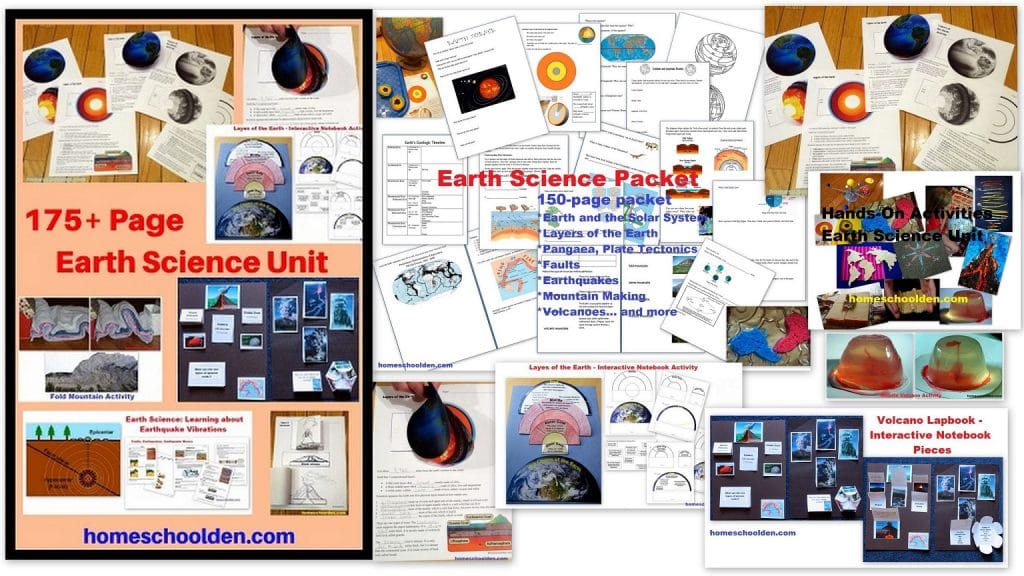
and then went on to do a Weather Unit. (I did this last spring with my daughters who were in 6th and 9th and my son 11th grade joined in too because he needed a refresher on this material!) We covered
- The Types of Clouds,
- Weather Map Symbols,
- High & Low Pressure Systems,
- Global Winds, the Jet Stream, Local Winds,
- Monsoons, el Niño and la Niña conditions,
- Air masses (and how they are named), and
- Cold fronts, warm fronts, occluded fronts
See our Earth Science BUNDLE here:
We also covered some Botany Unit topics in the upper elementary and middle school years. For example, we spent time on the parts of the flower and parts of the seed. This last year we went over the plant kingdom and the life cycle of the moss, fern and conifer/gymnosperms. In 5th grade my daughter had done a unit on carnivorous plants (which is also included in our Botany Unit). (These topics and the pictures you see below are all included in our Botany Unit.)
You can see our Biology BUNDLE of 5 here which includes the Biology Unit, Botany Unit, Scientific Classification & Taxonomy Unit, Cells Unit. and our Ocean Unit.
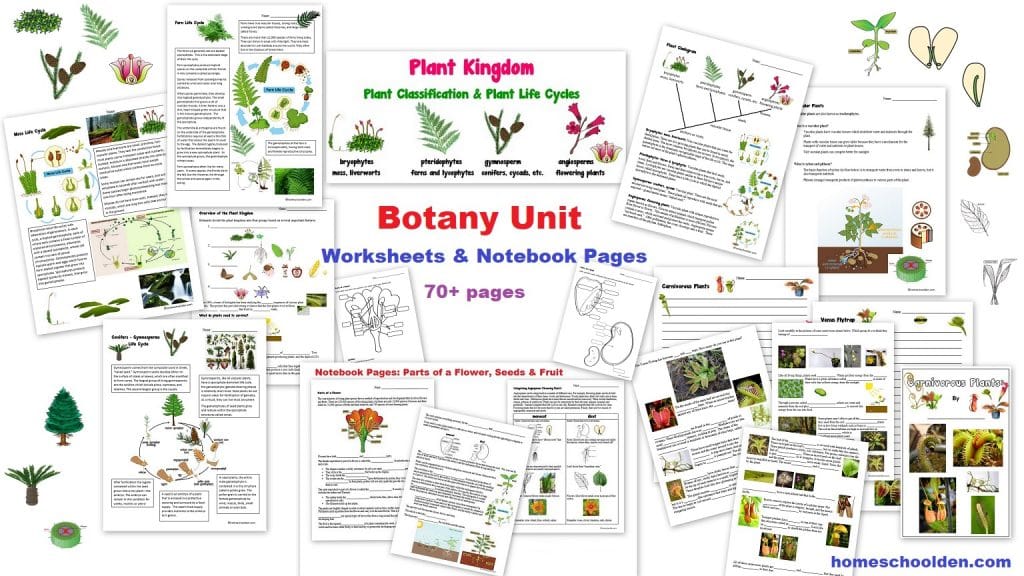
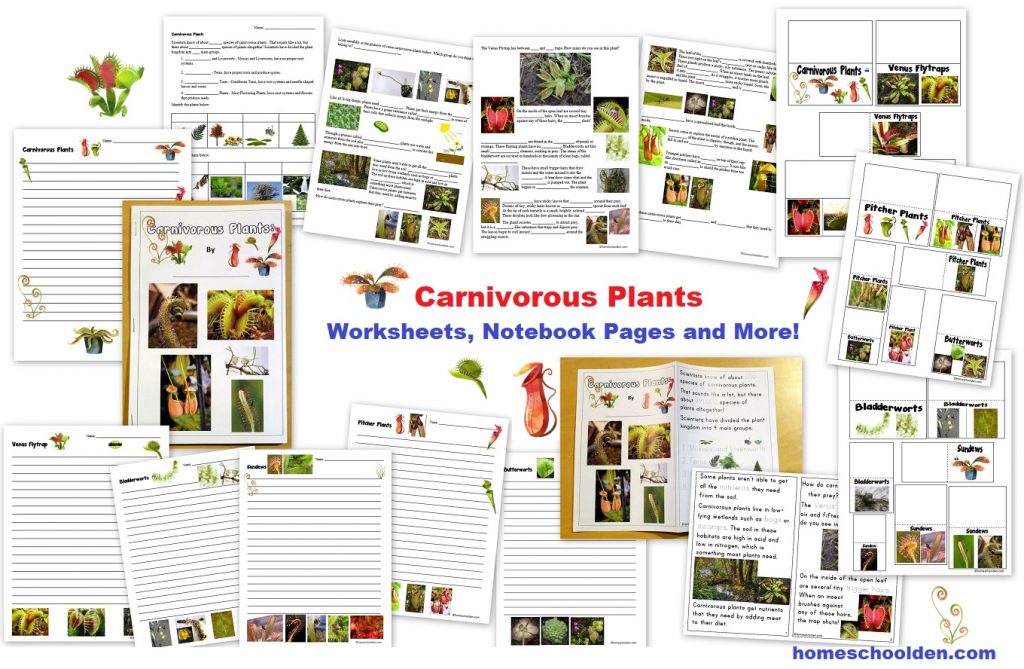
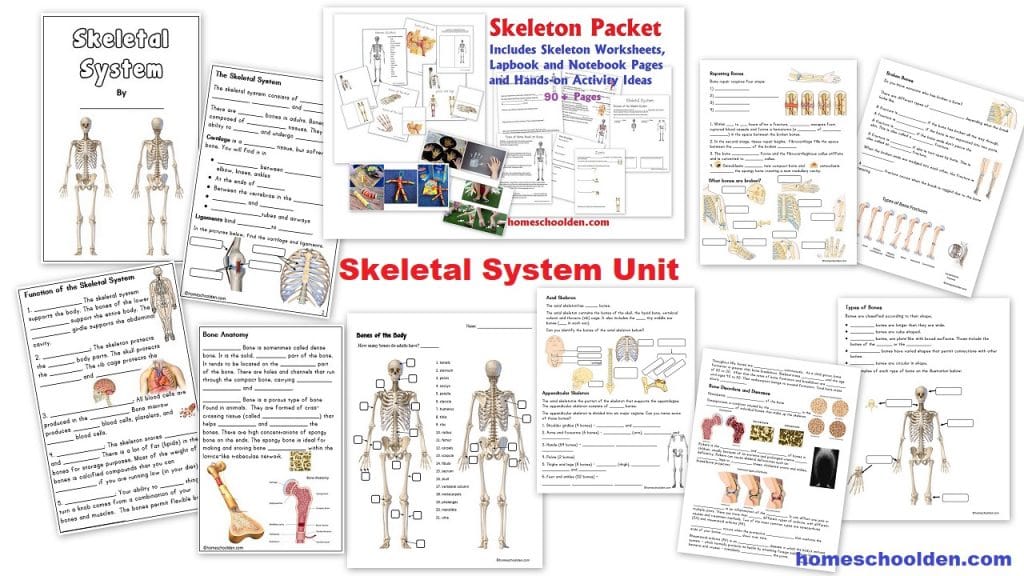
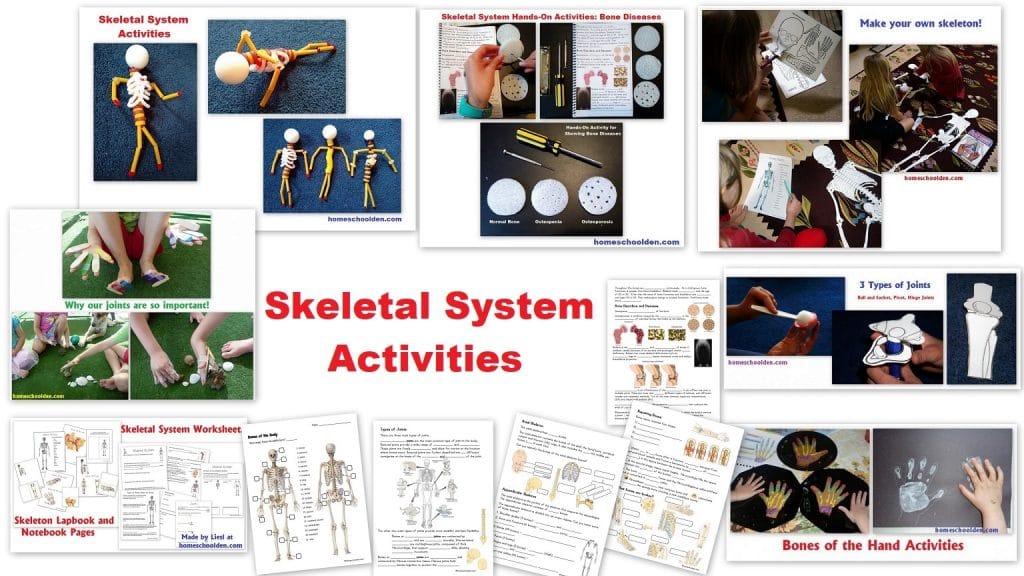
History Topics:
Here are some of the history topics we’ve covered in the past couple of years:
- Slavery and the Civil War (and we also spent time on the expansion of the U.S.)
- Native American History of the West (Navajo, Plains Indians: Cheyenne & Sioux)
- Middle Ages
Renaissance & Reformation
- Age of Absolutism, Age of Exploration, Enlightenment, Scientific Revolution (You can see our European History materials here.)
More recently, we’ve spent time on modern history such as WWI, WWII, the Vietnam War, etc.
We did a huge unit on WWII, but I’m not quite ready to release the packet yet. (Too much proof-reading still to do!) You can always email me to see when it will be ready! 🙂 Liesl
That’s about it for today! As I said, I will probably need to update this post… but I wanted to share what I had so far! Whew! What a task!! Sorry it has taken so very, very long to get this out there!
See you again soon here or over at our Homeschool Den Facebook Page! You might also want to check out some of our resources pages above (such as our Science, Language Arts, or History Units Resource Pages) which have links to dozens of posts. You might want to join our free Homeschool Den Chat Facebook group. Don’t forget to check out Our Store as well.
Again, if you are interested in joining our Homeschool Den Newsletter, feel free to subscribe here. The Welcome Series includes 5 packed emails… with tips on homeschooling, keeping motivated, finding various resources and freebies tucked away on the blog and more!
Plus, you’ll be the first to hear about new packets (generally offered at a discount when they are first released), seasonal resources and more!

Happy Homeschooling!!
~Liesl
P.S. I have a new post called Homeschool Resources that will help you find many of the resources we have on the blog. In addition to the various packets we have in the Store area, we have TONS of FREE printables. The Resource Page has a huge list of those. 🙂
Creating Your Own Homeschool Curriculum: These are some resources I made that might be helpful as you create your own homeschool plans. These are somewhere between 30 and 50 pages and are FREE to download :
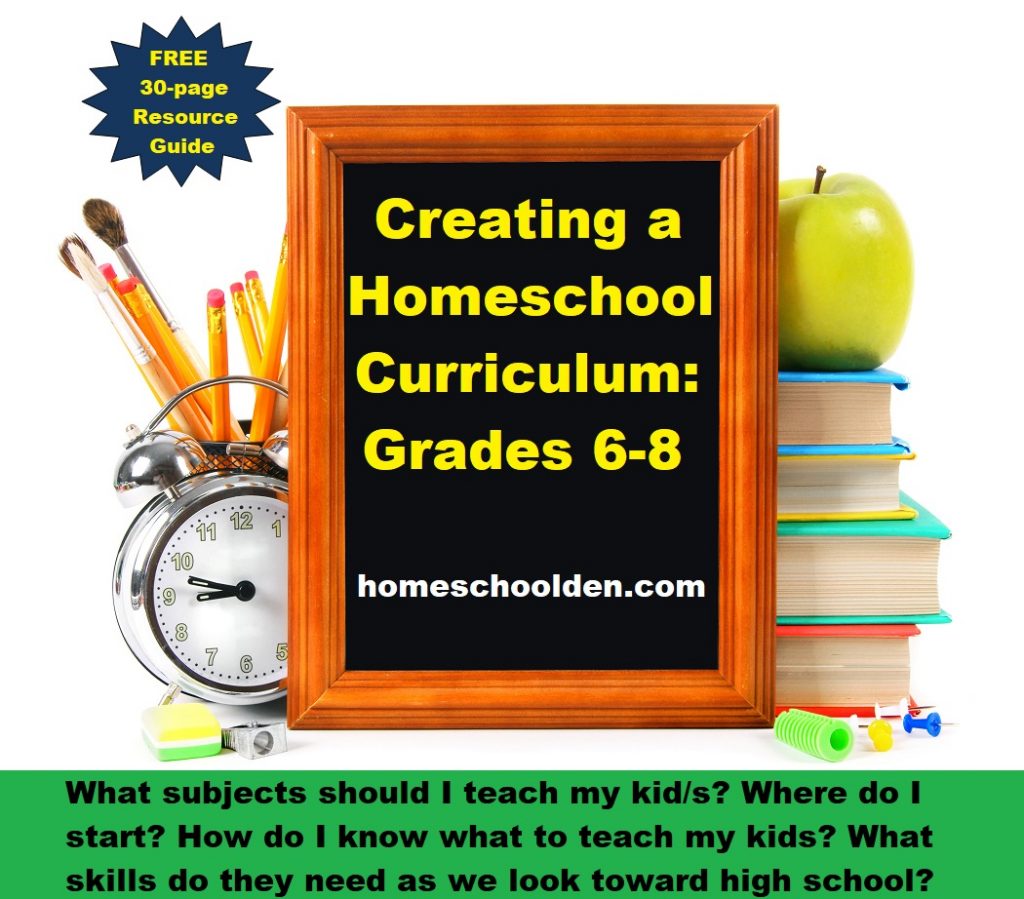
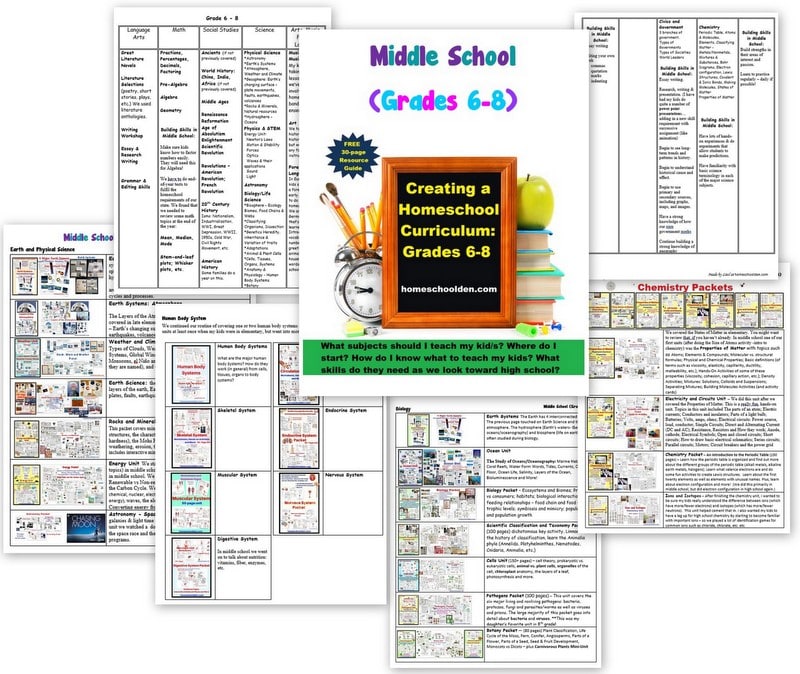
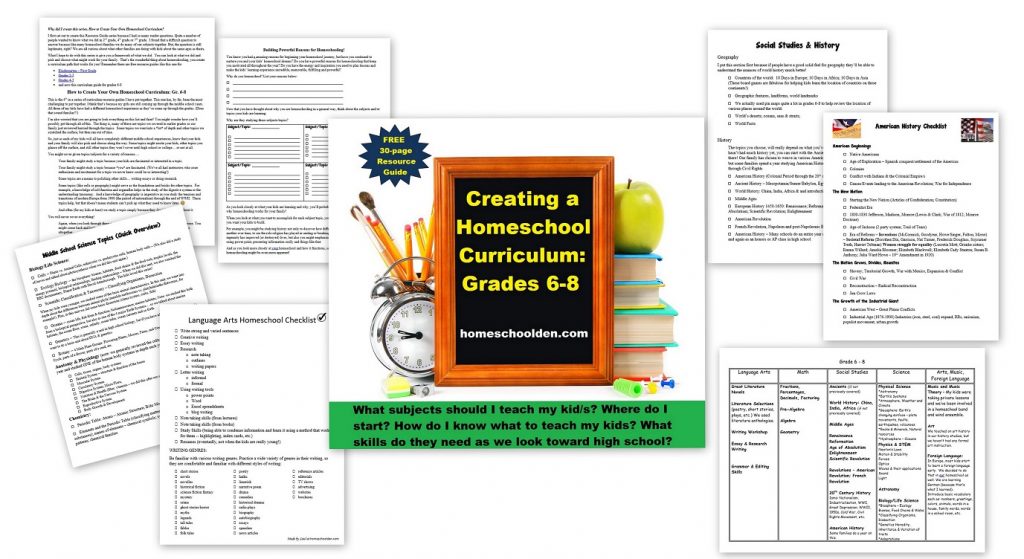
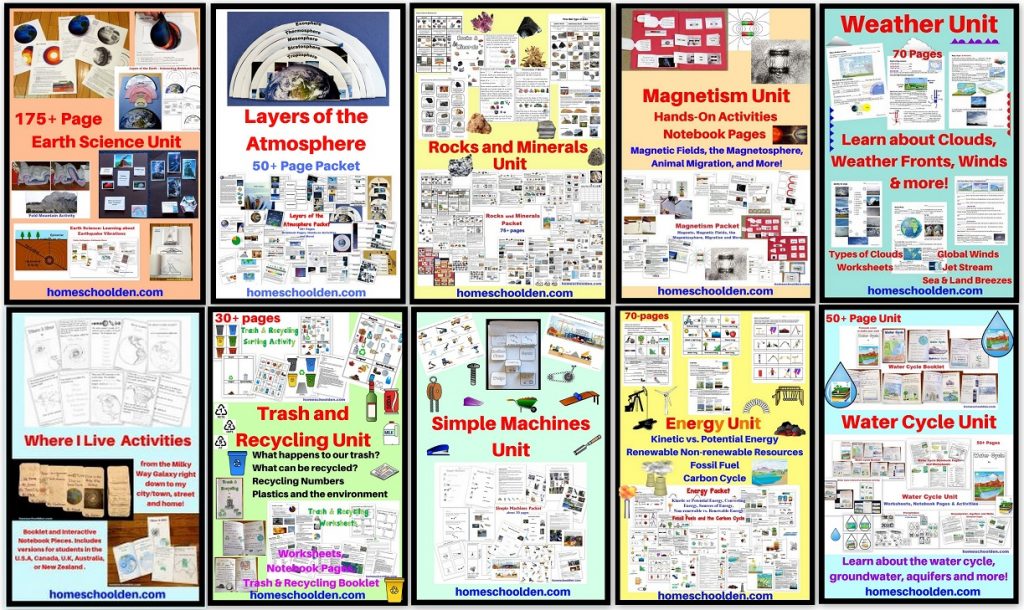
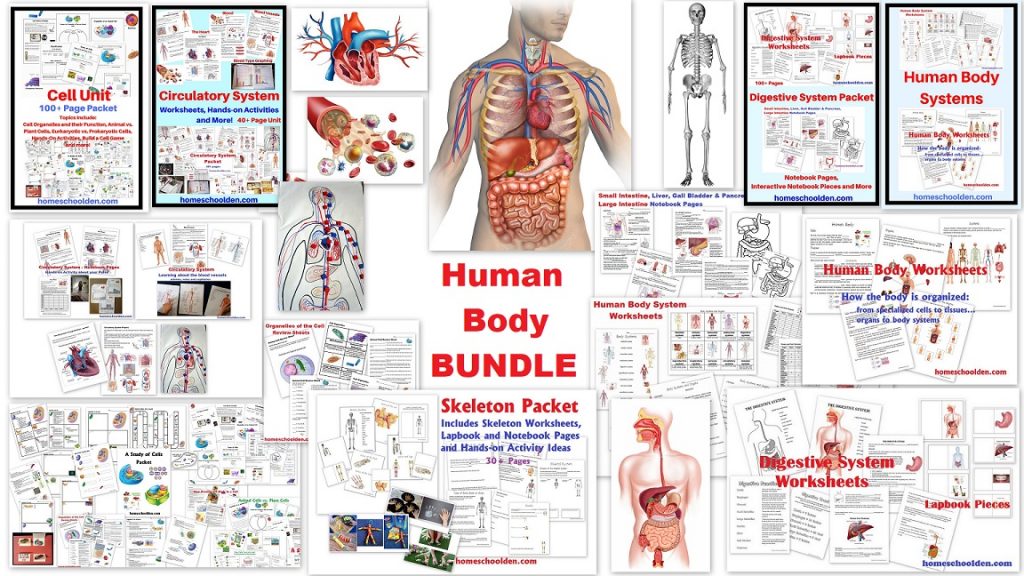
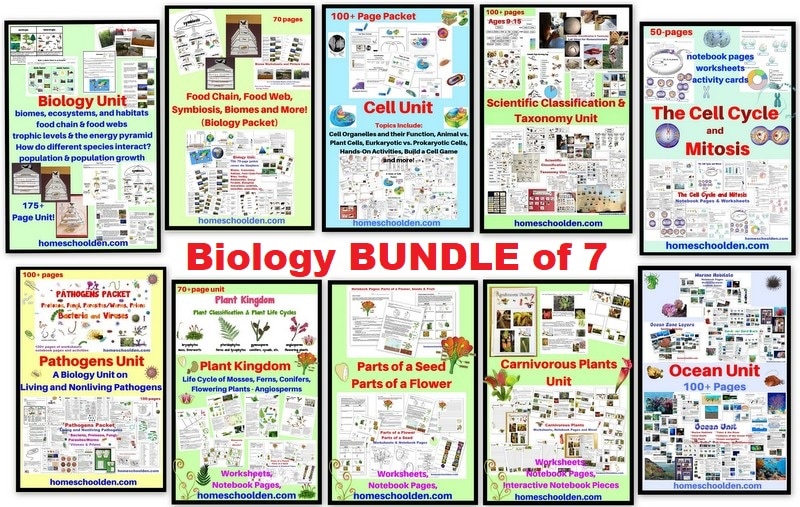
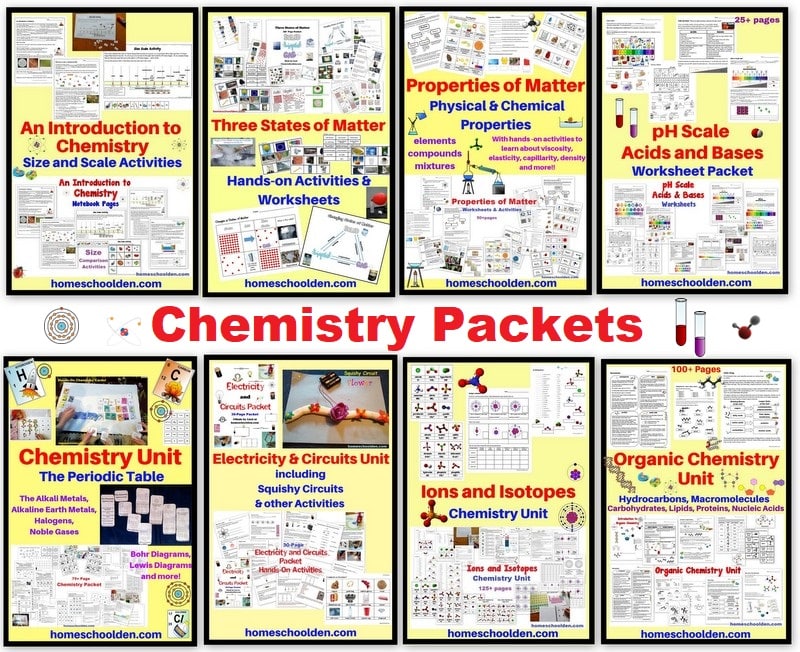
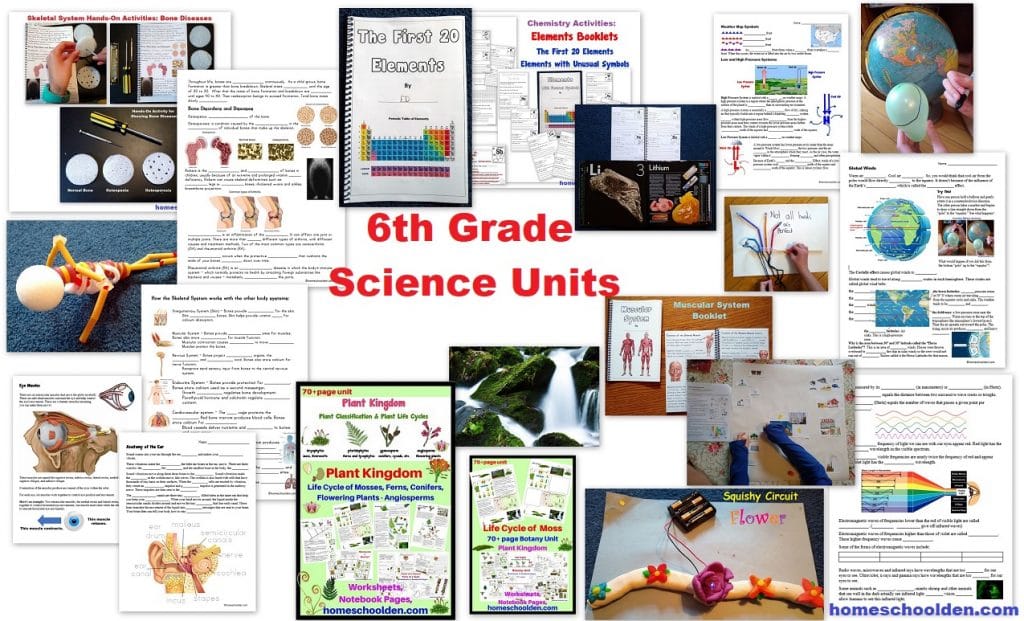
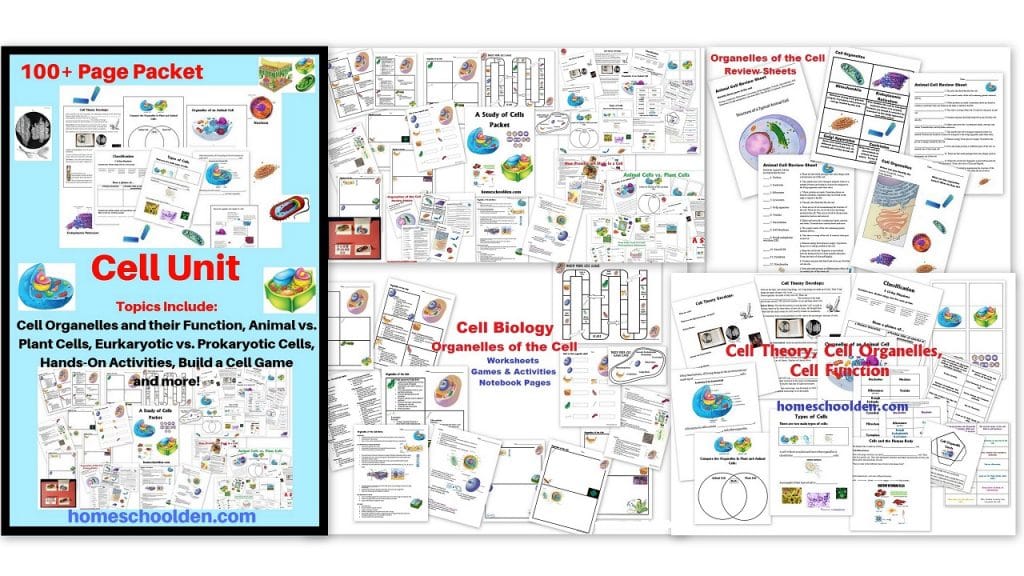
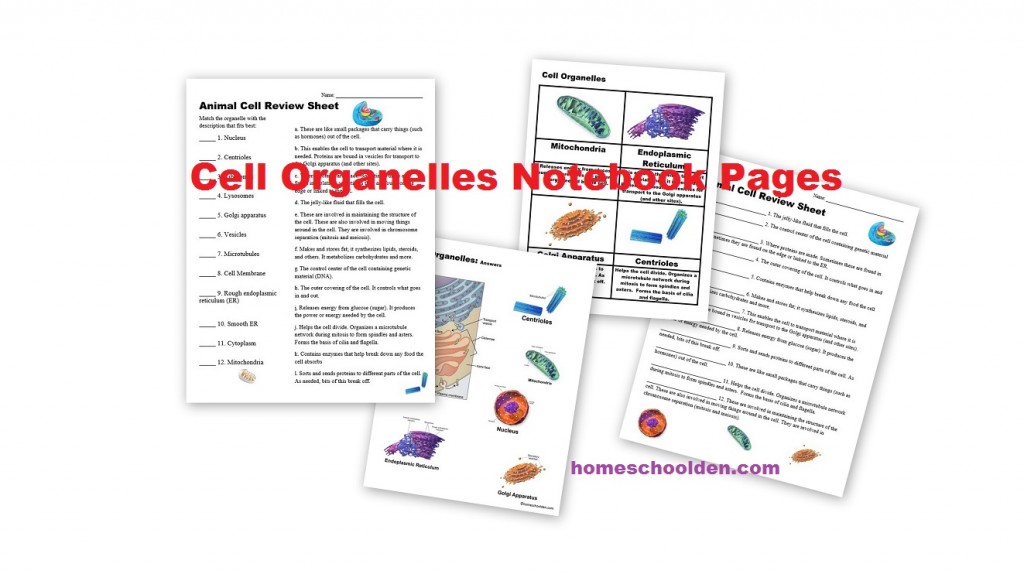
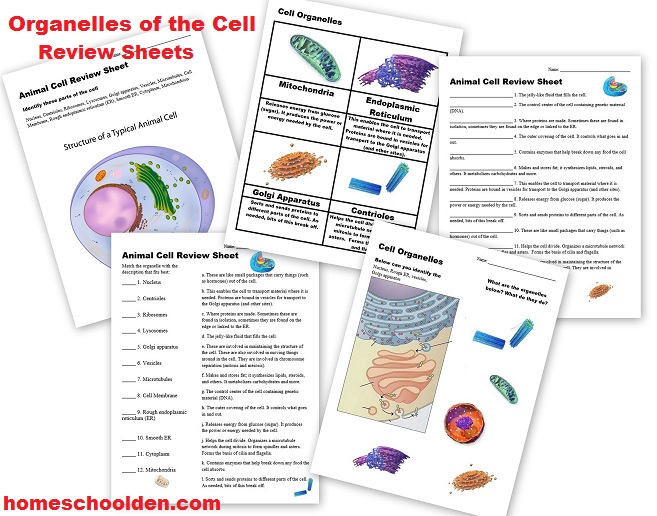
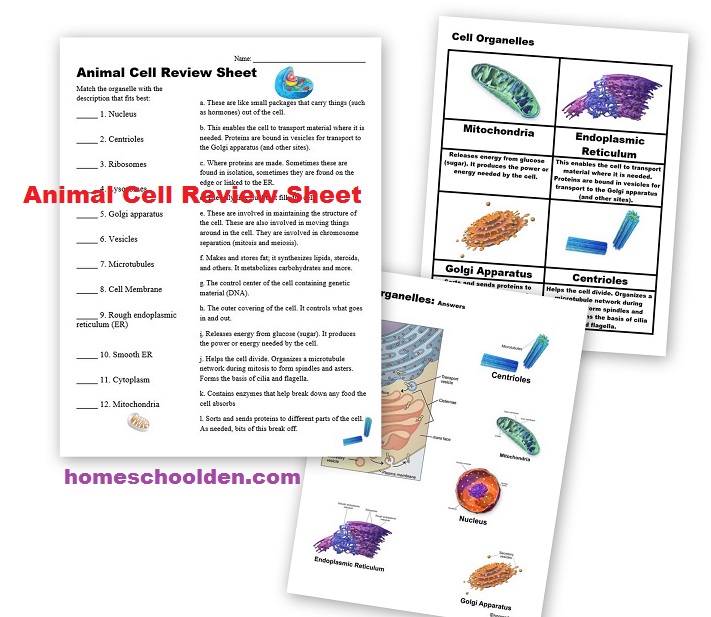
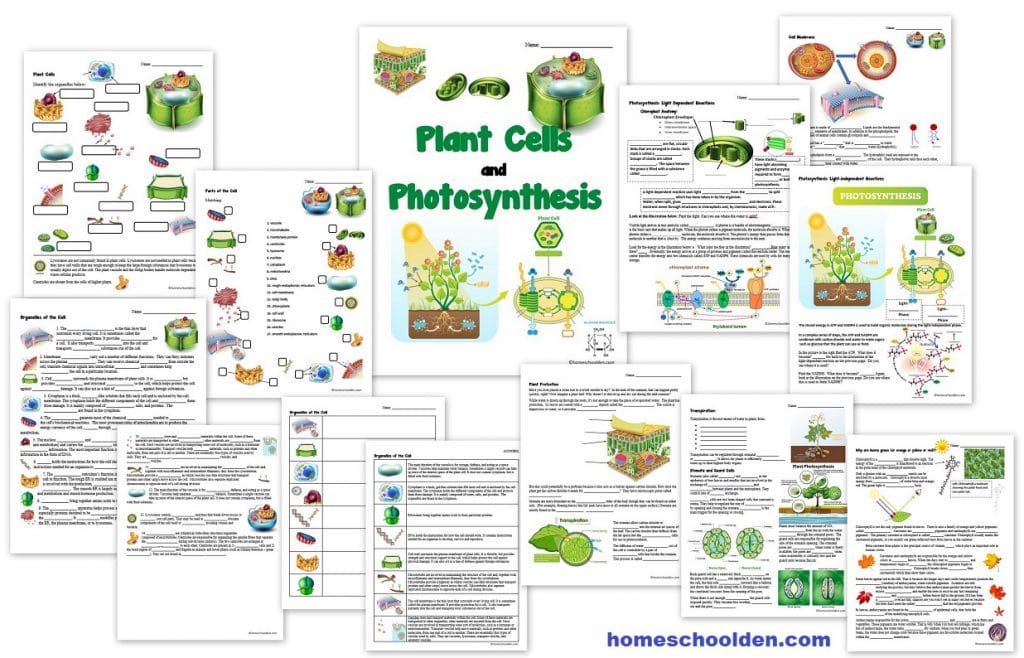
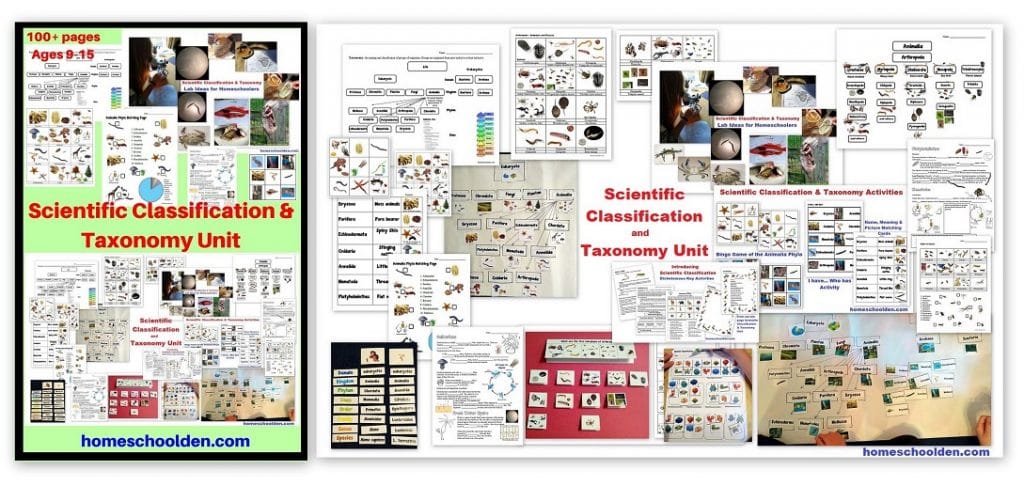
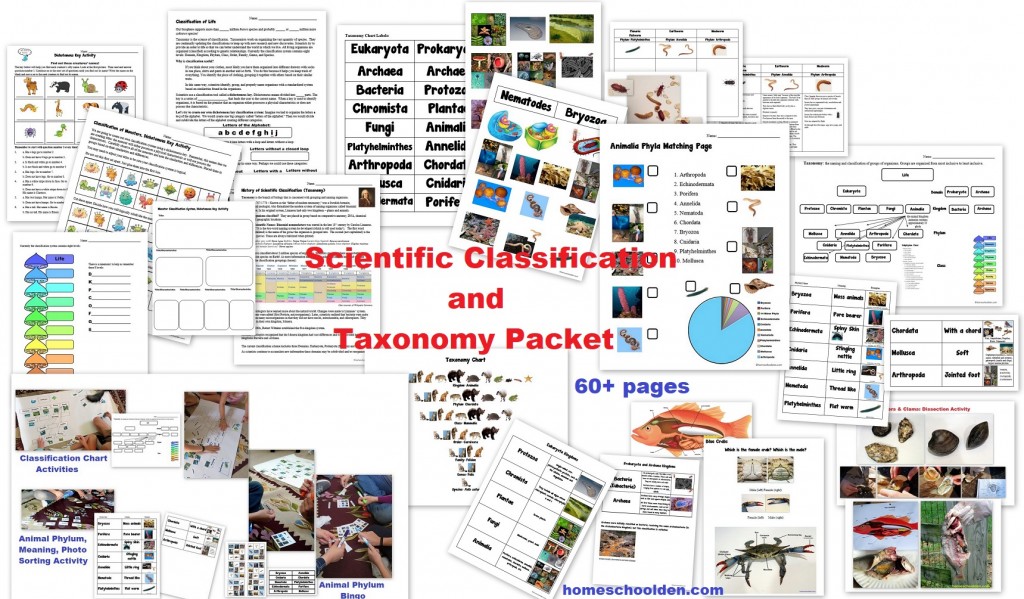
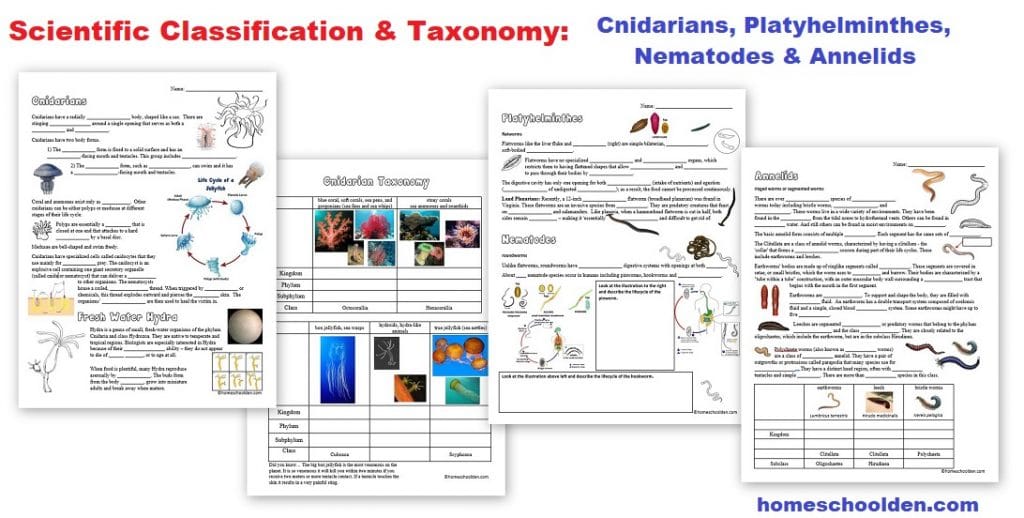
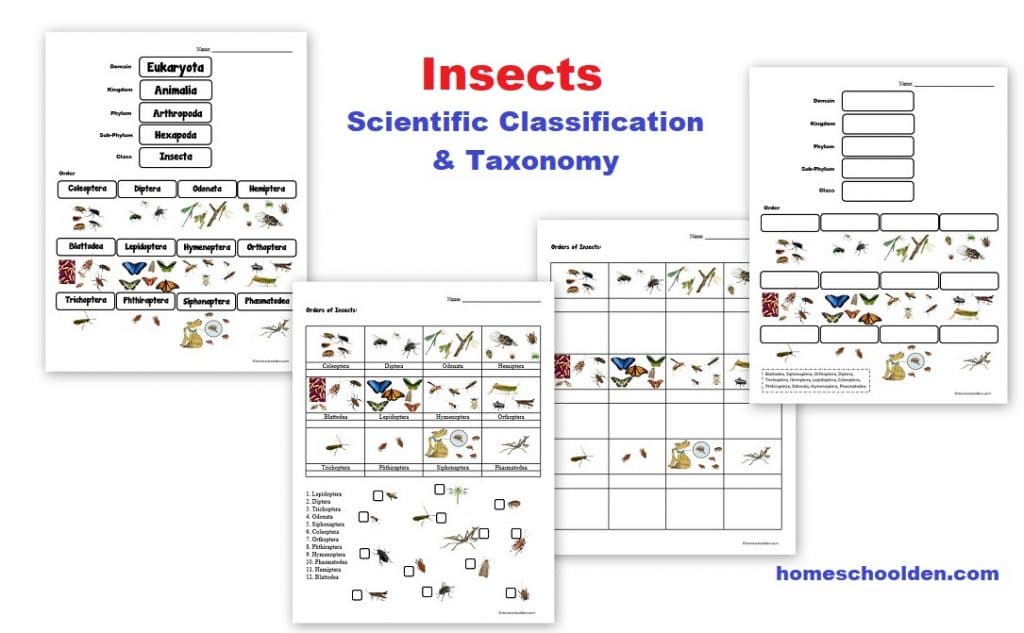
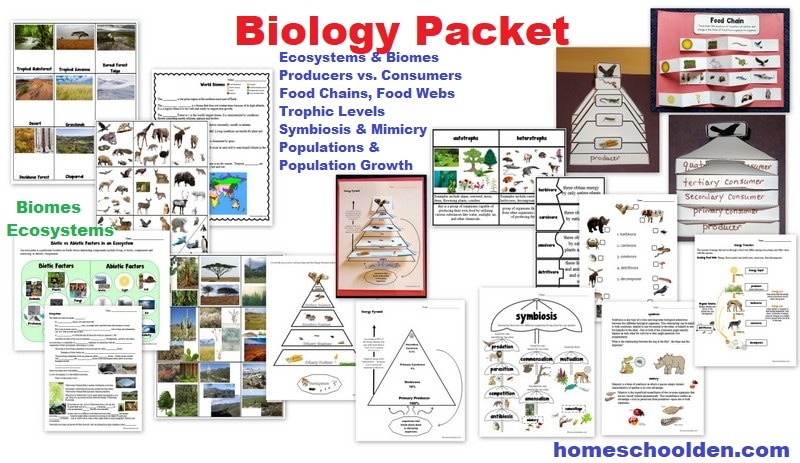
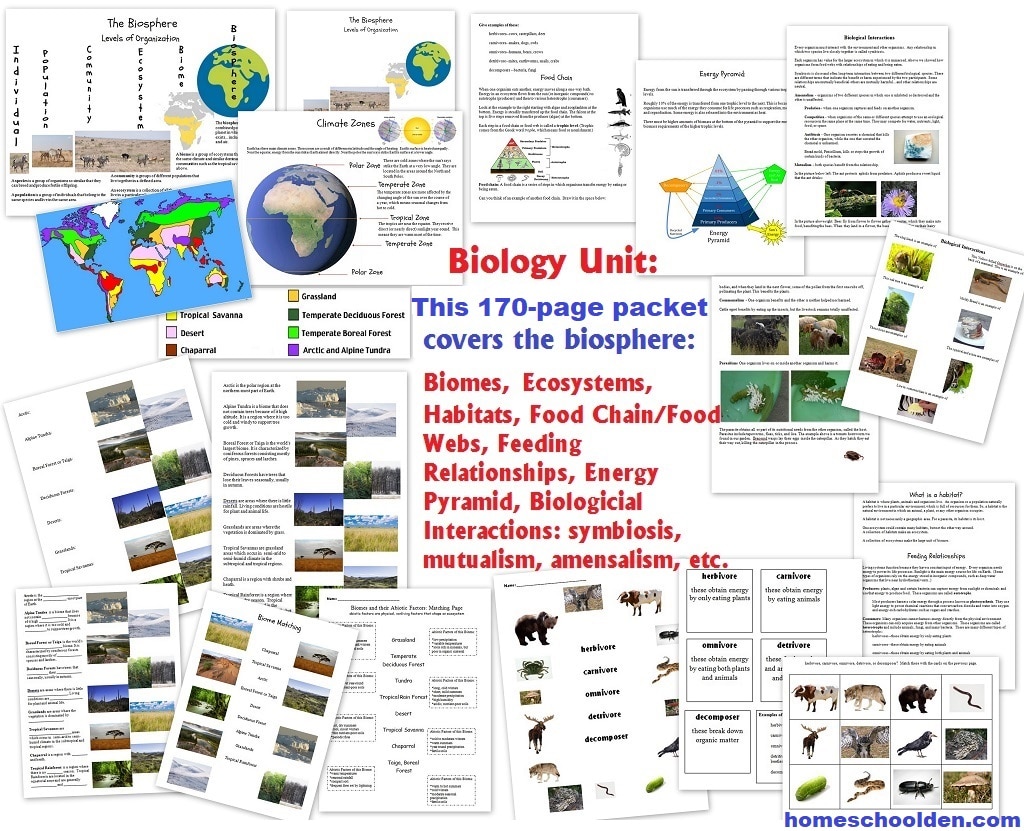
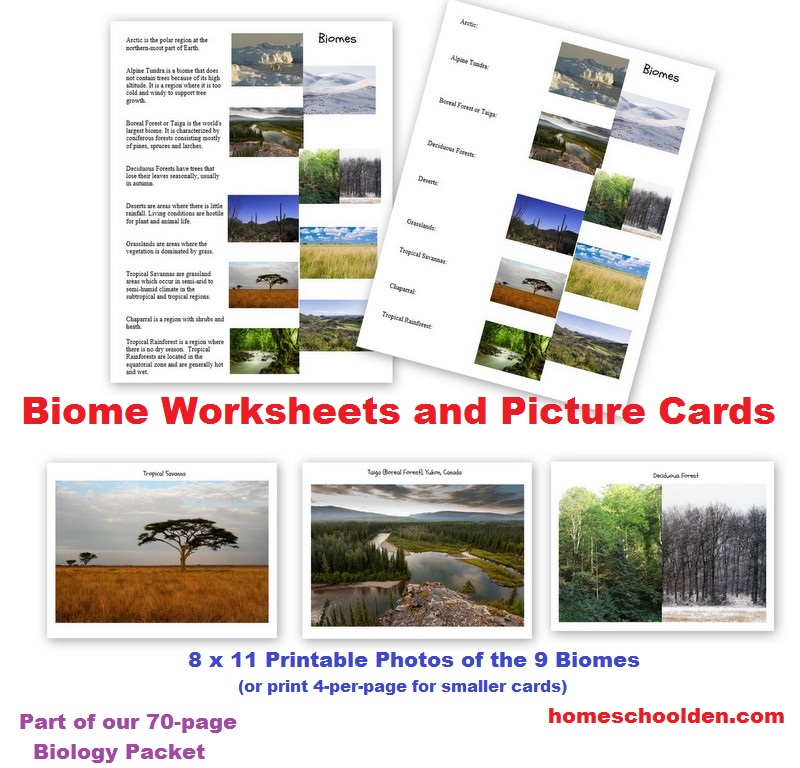
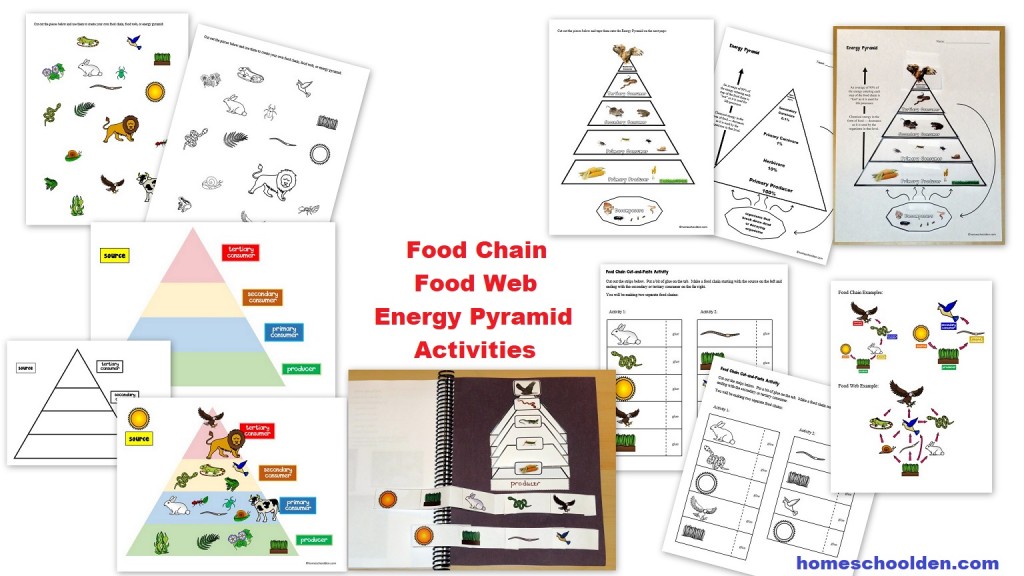
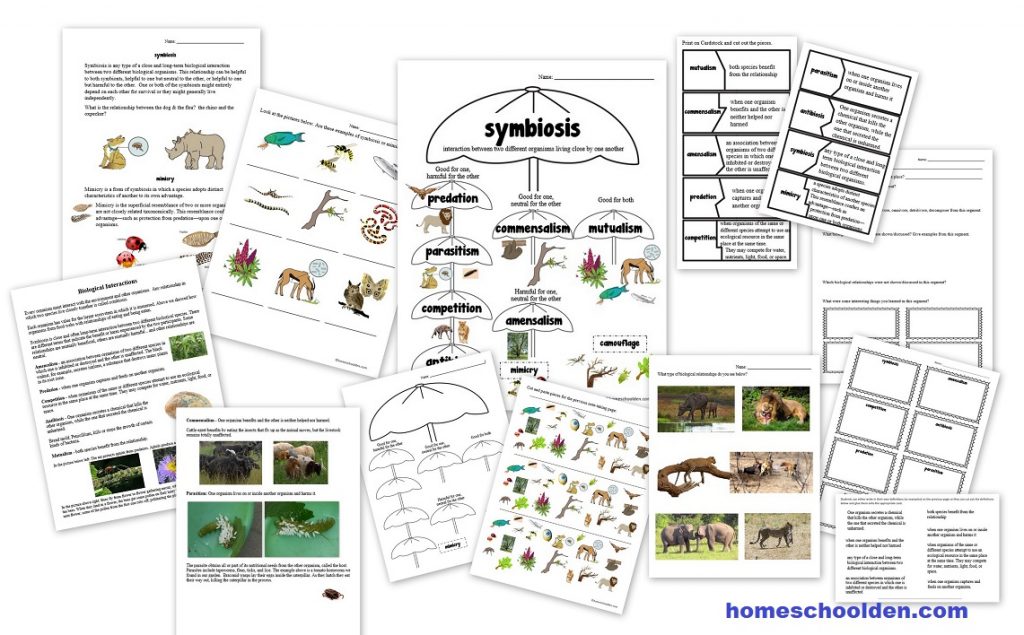
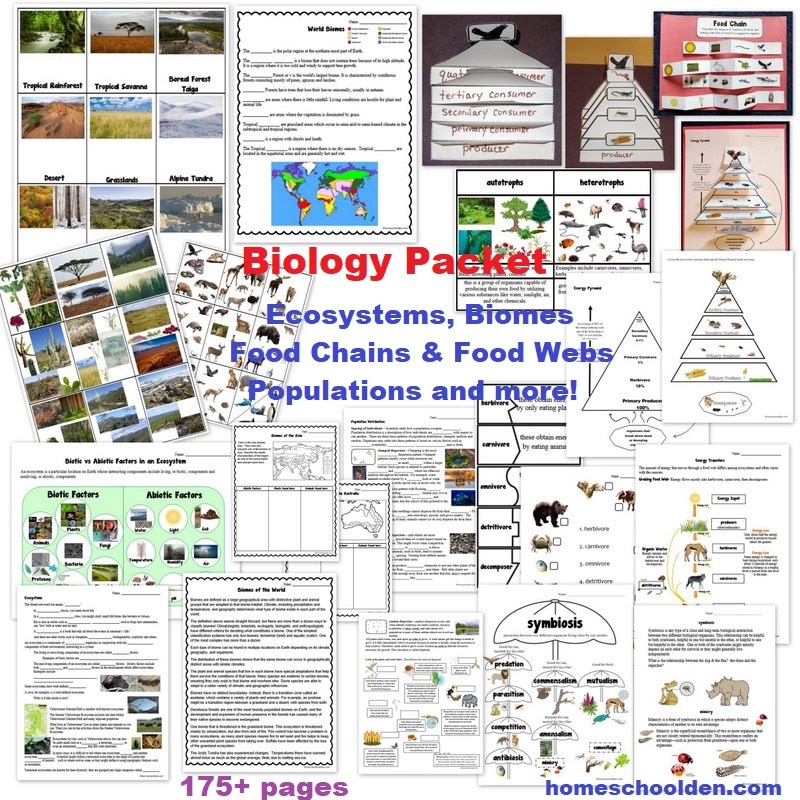
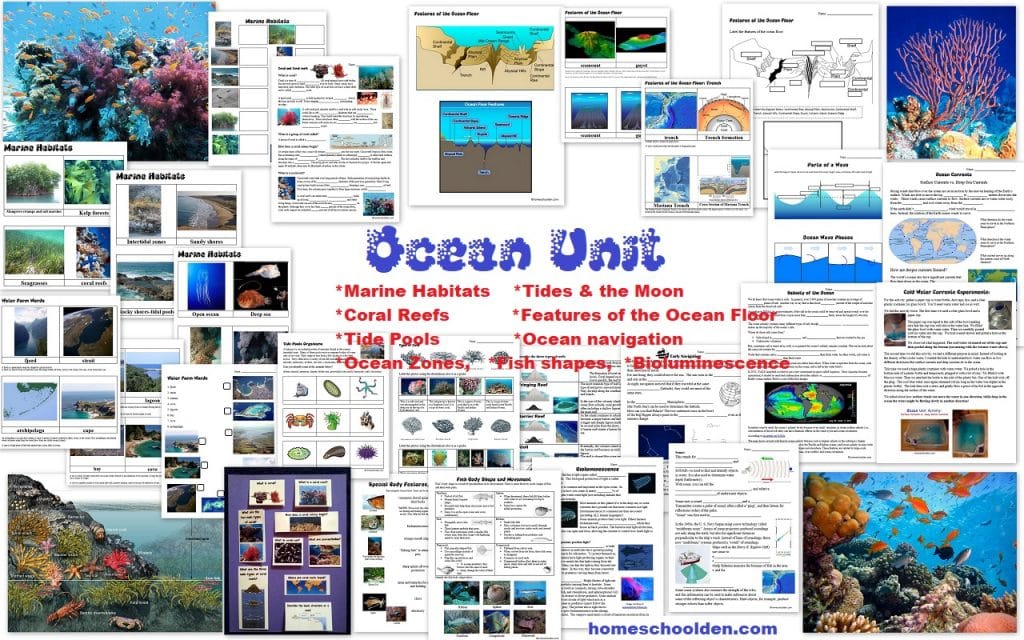
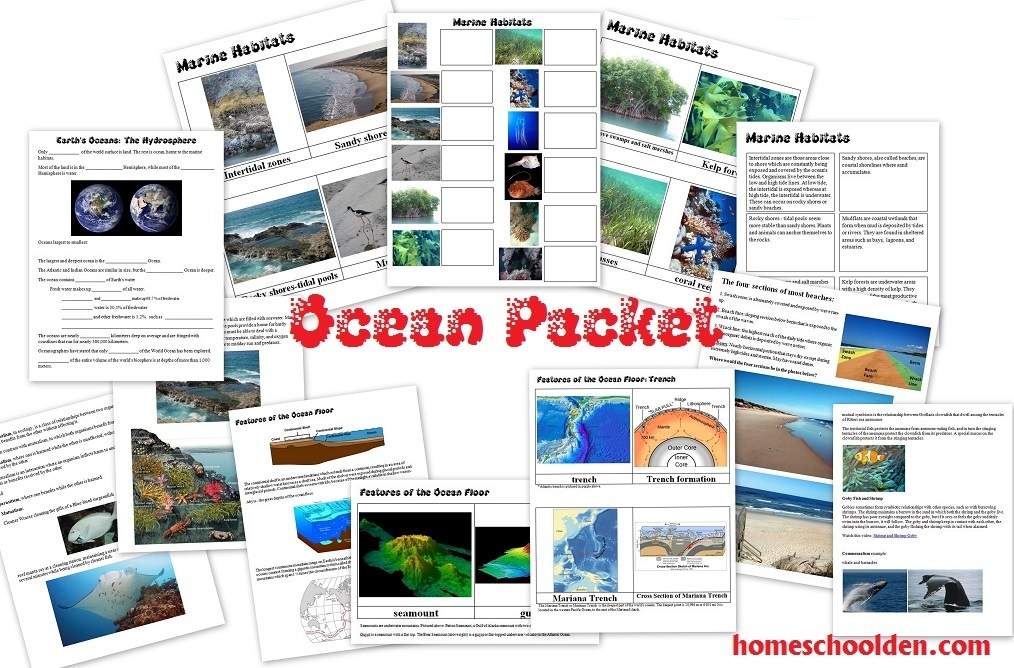
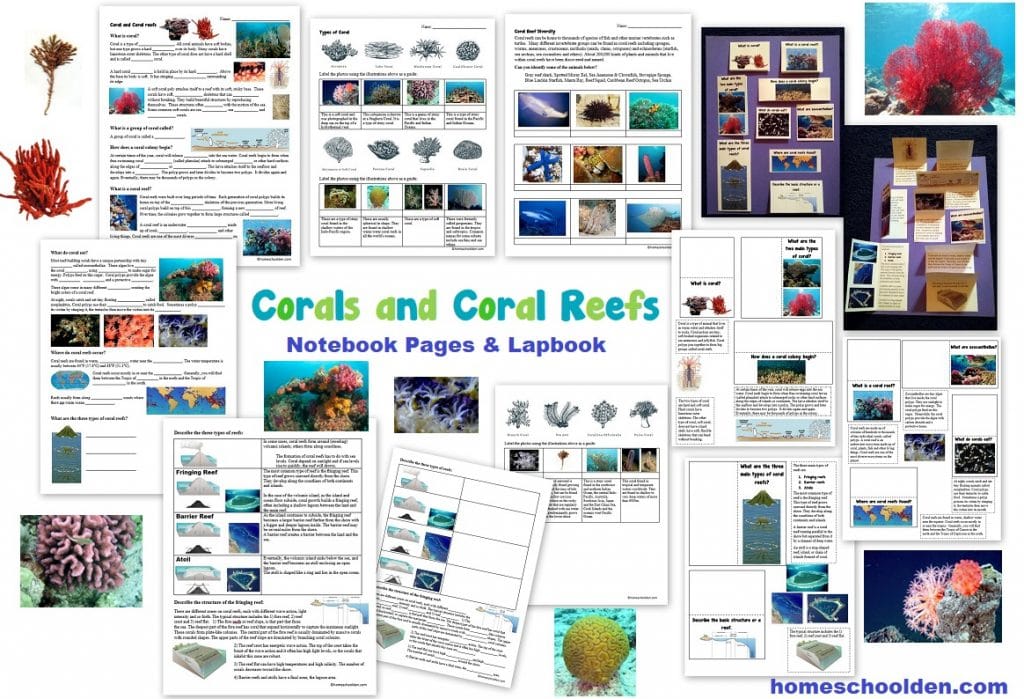
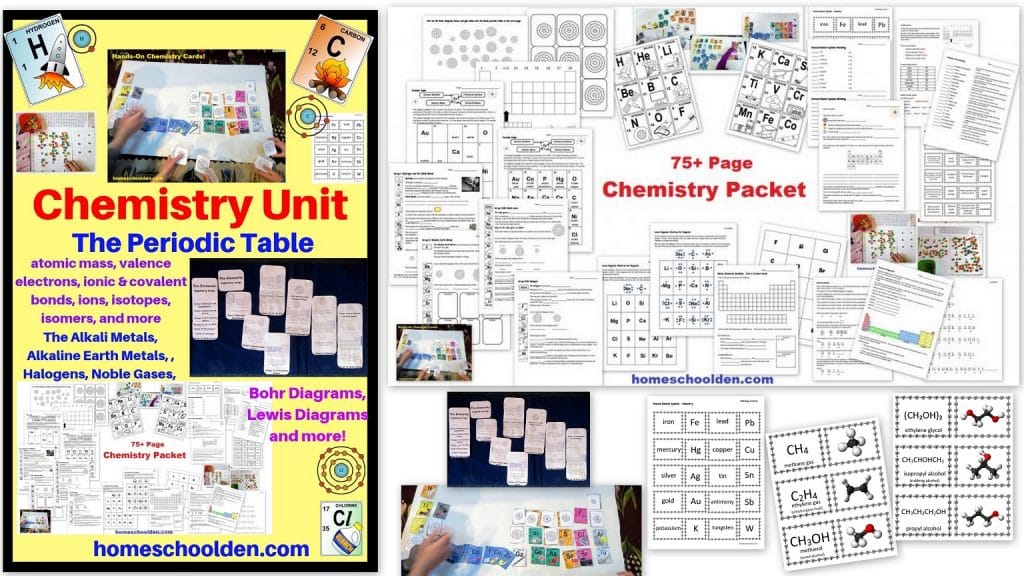
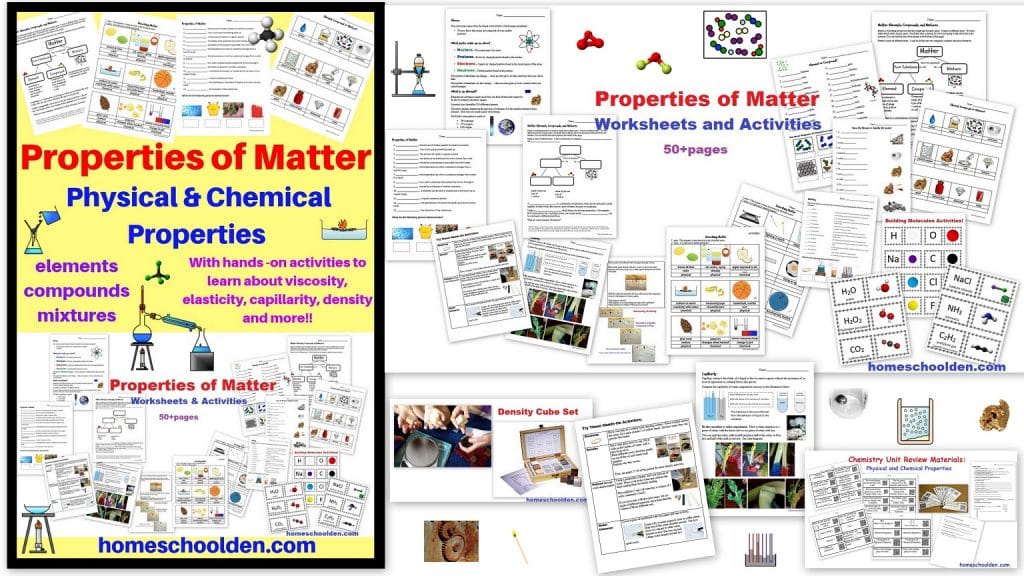
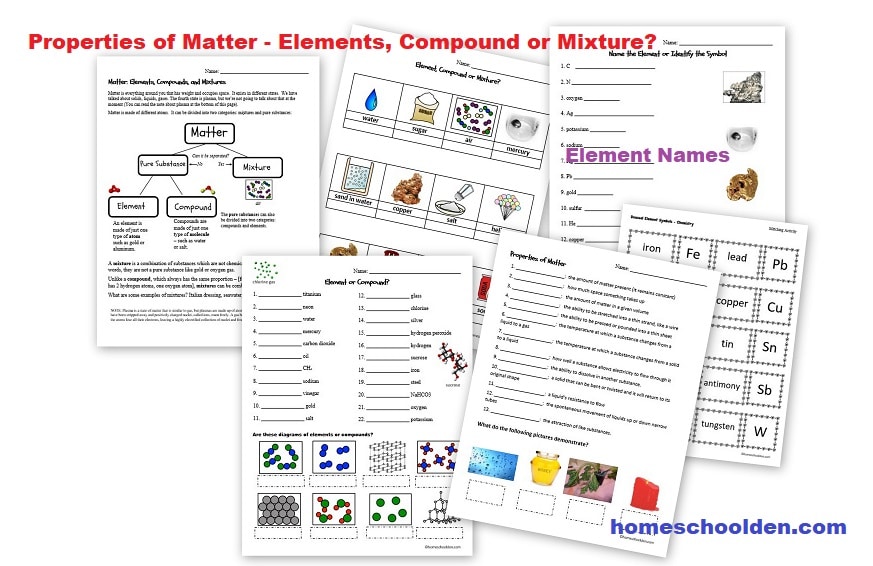
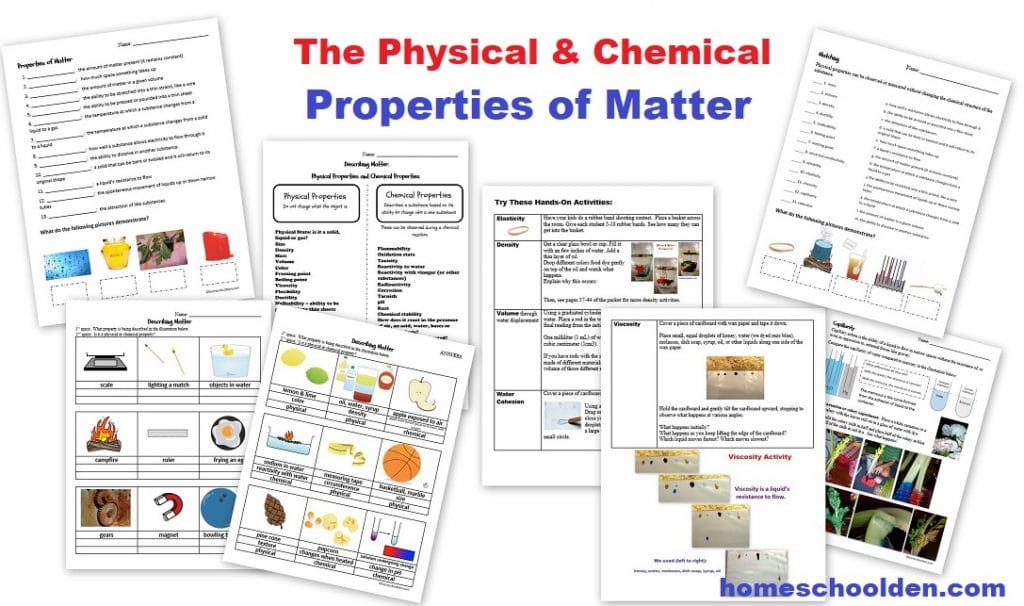
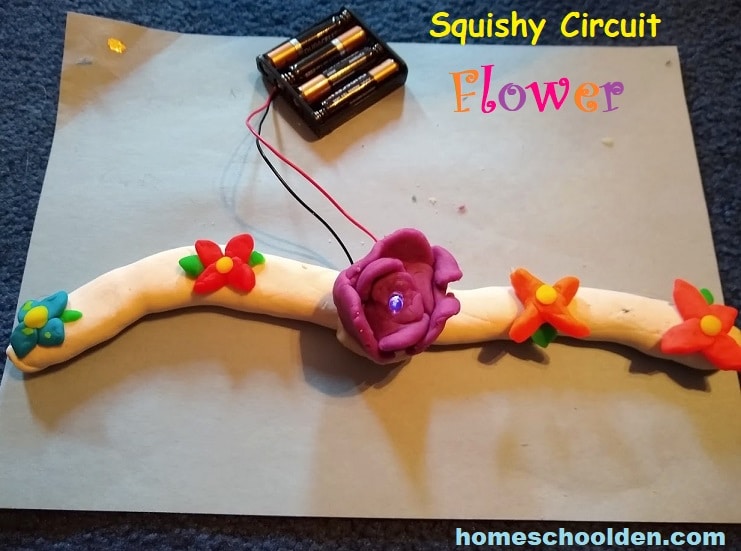
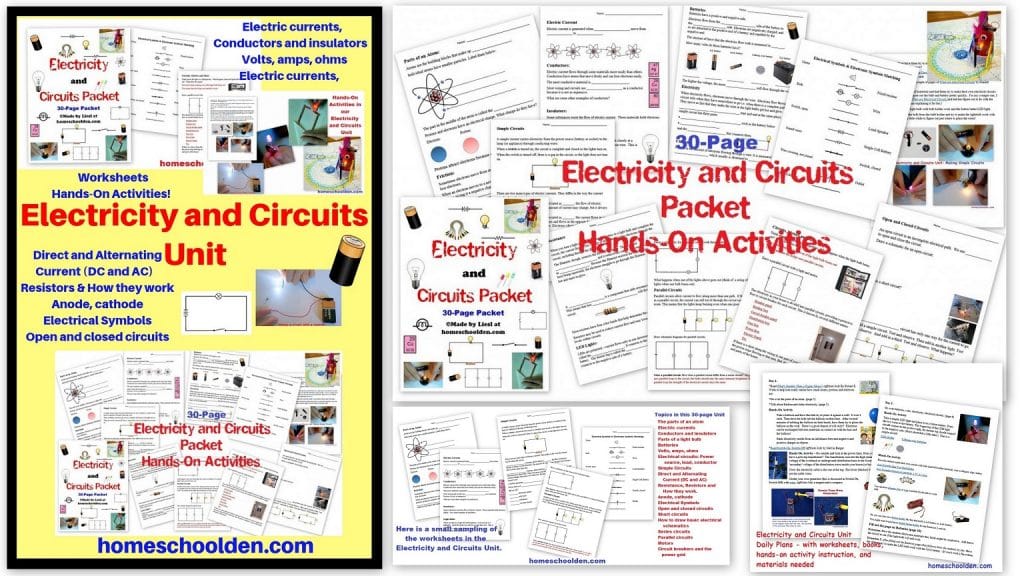
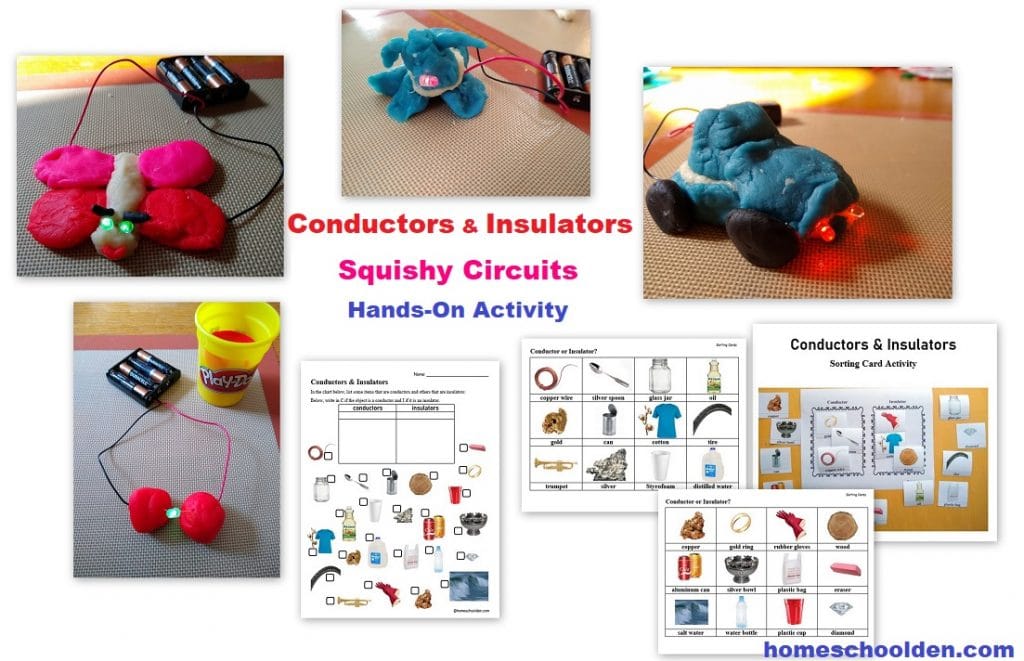
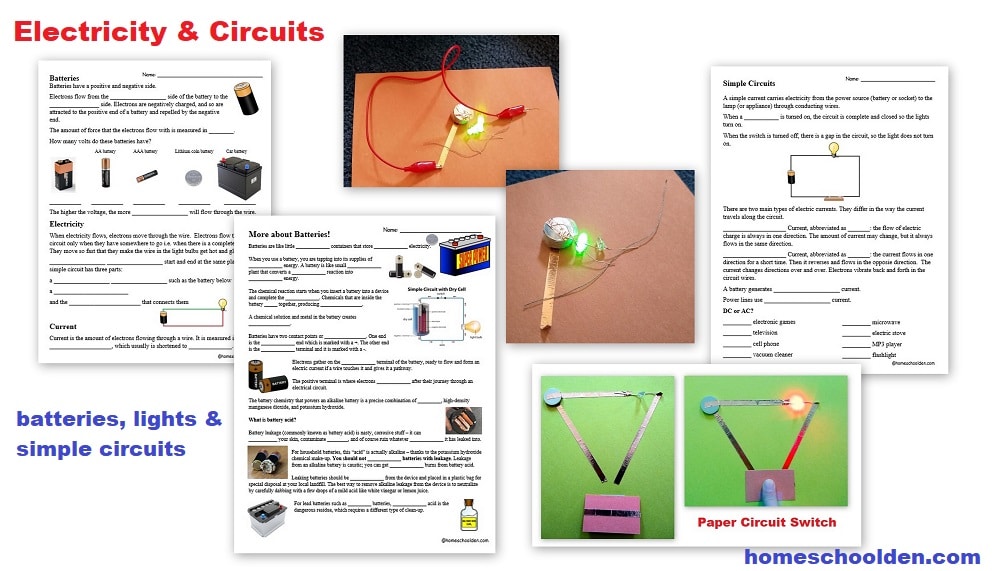
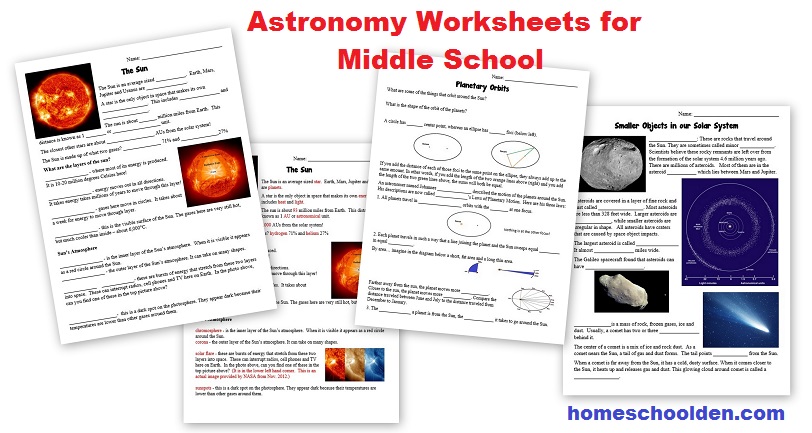
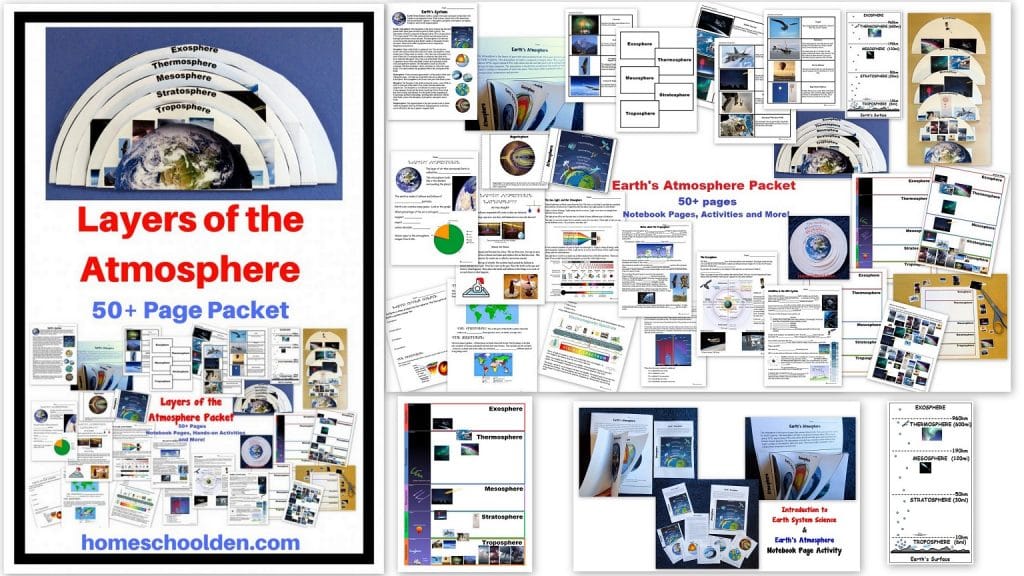
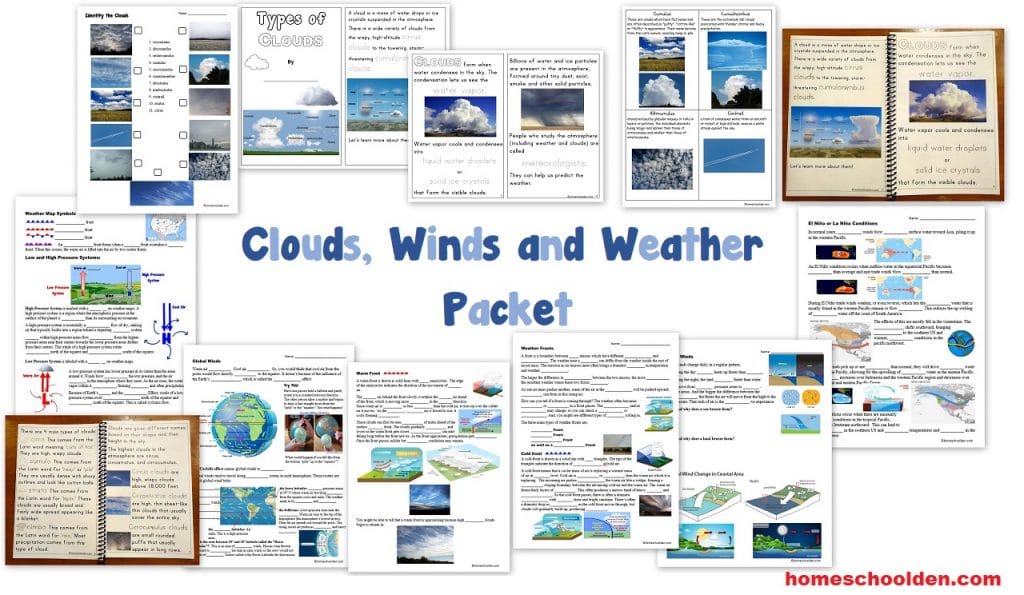
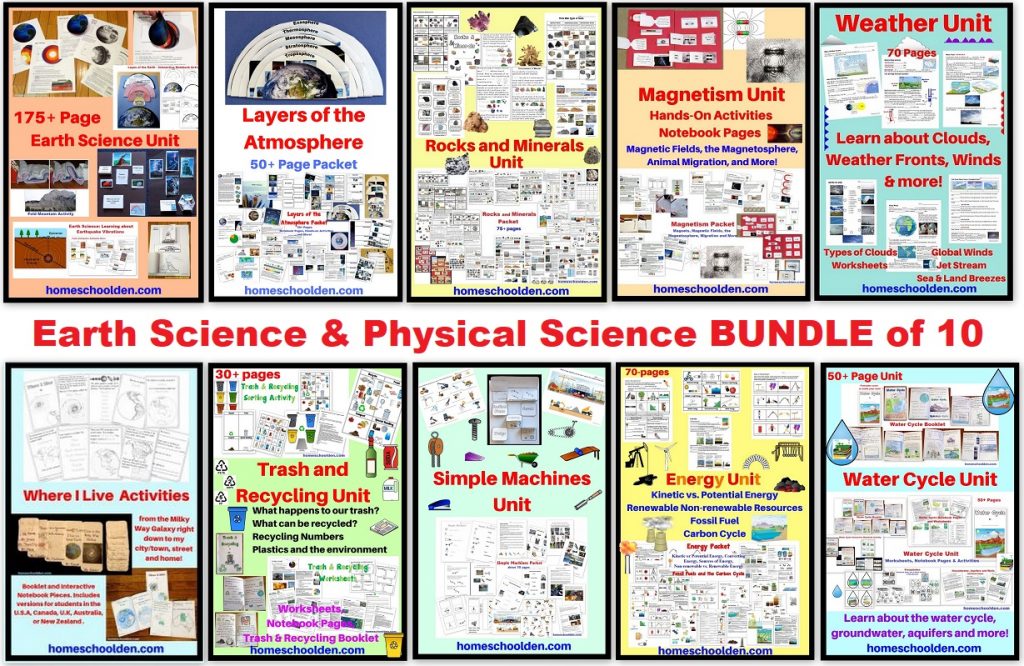
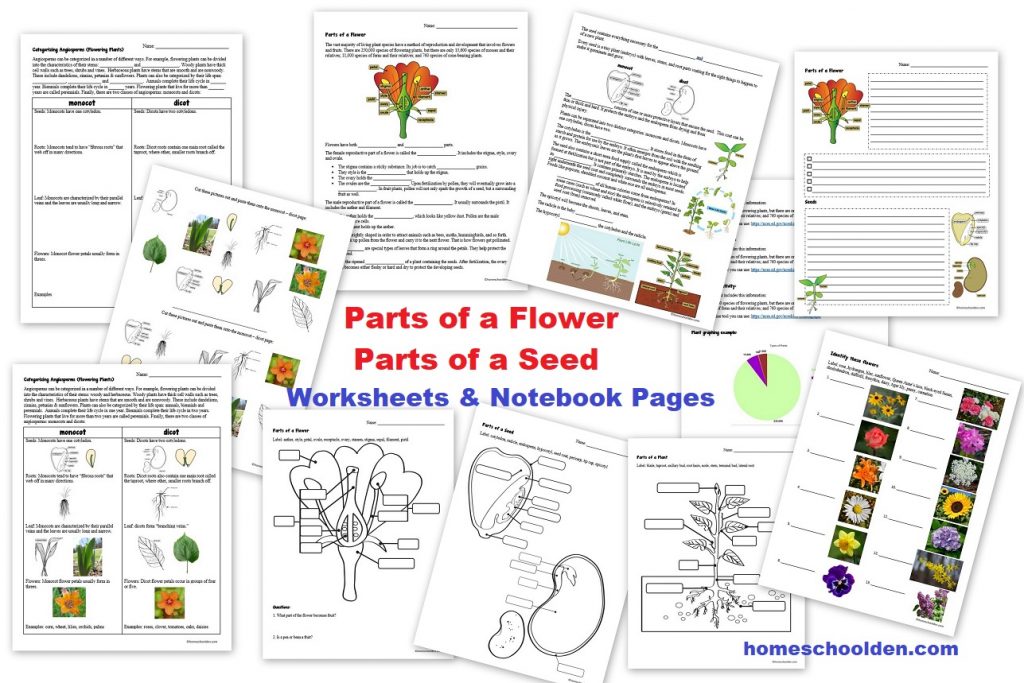
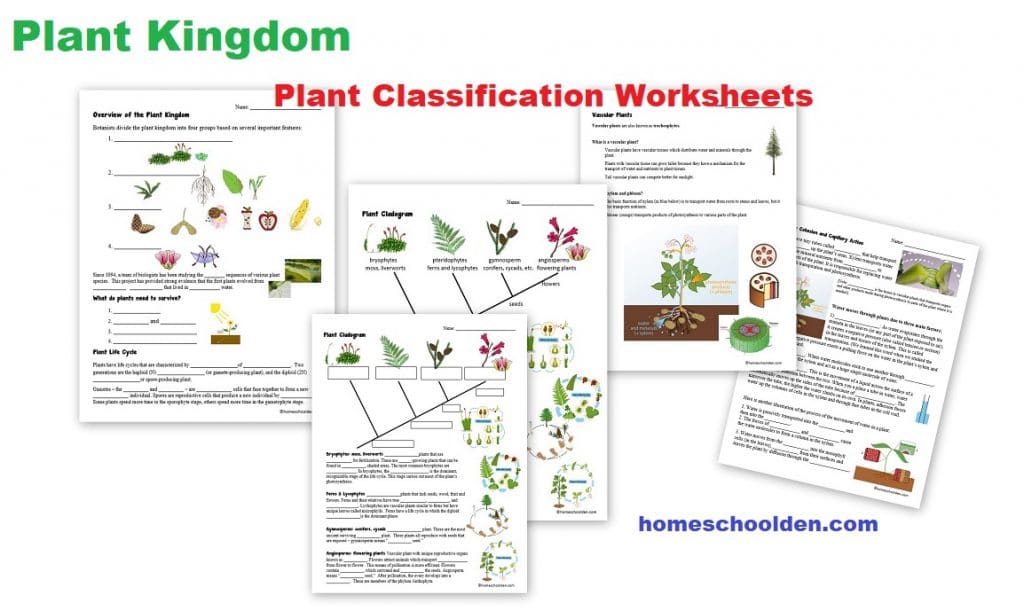
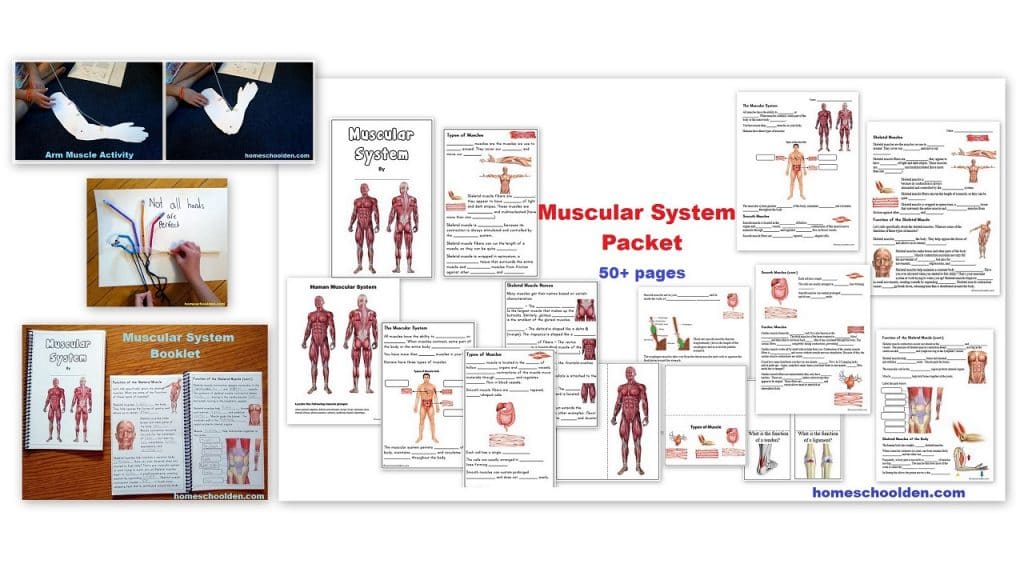
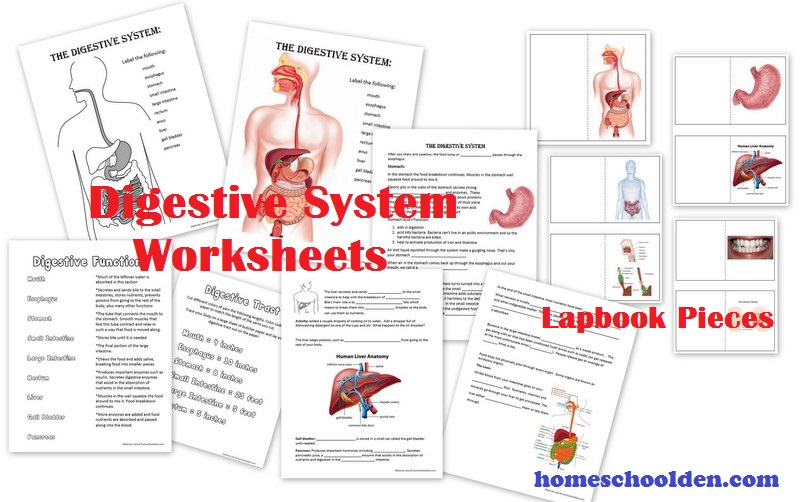
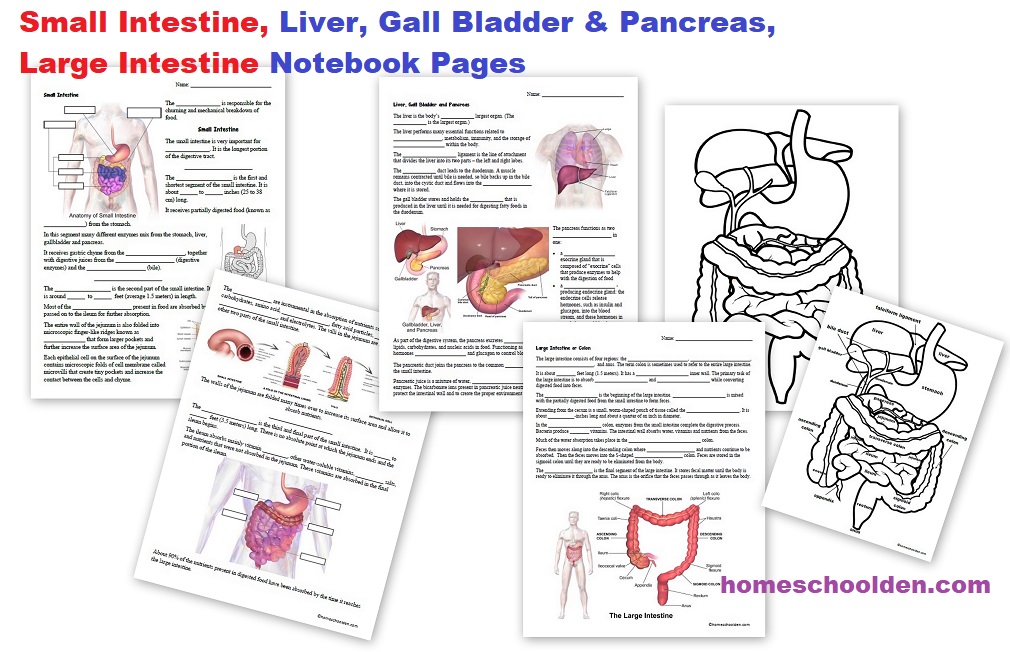
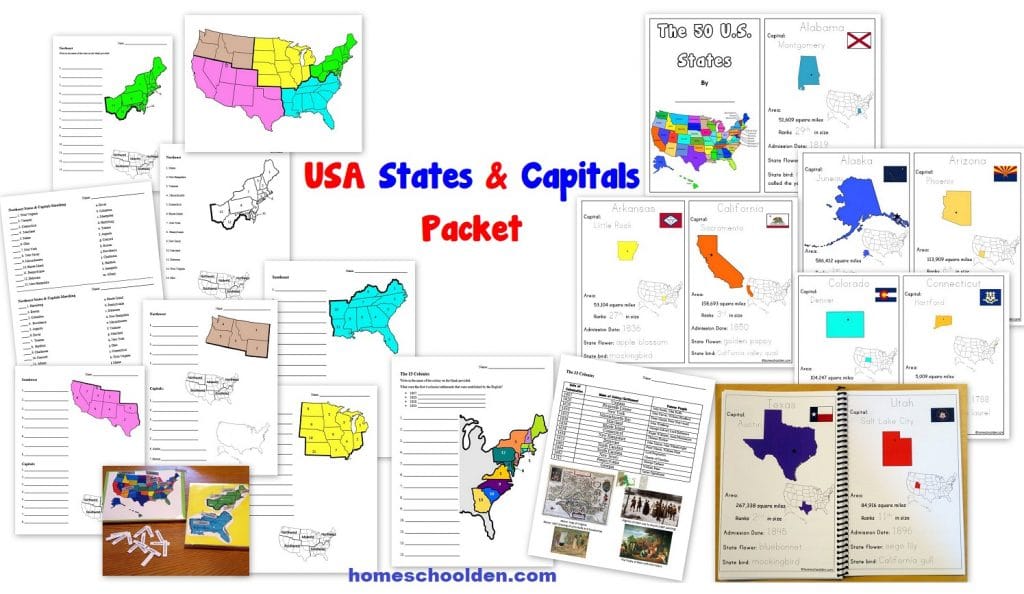
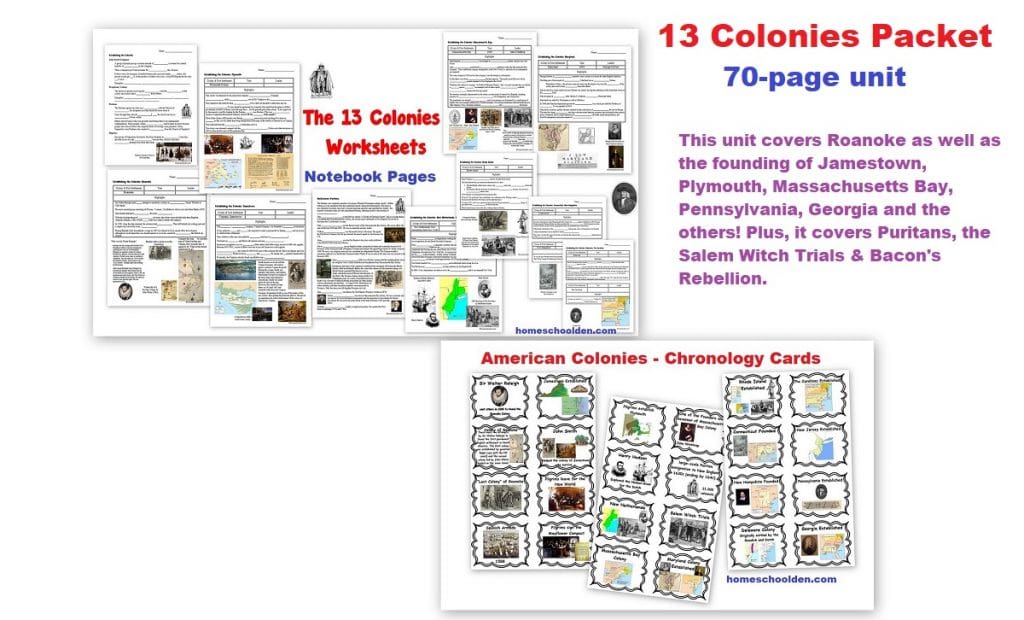
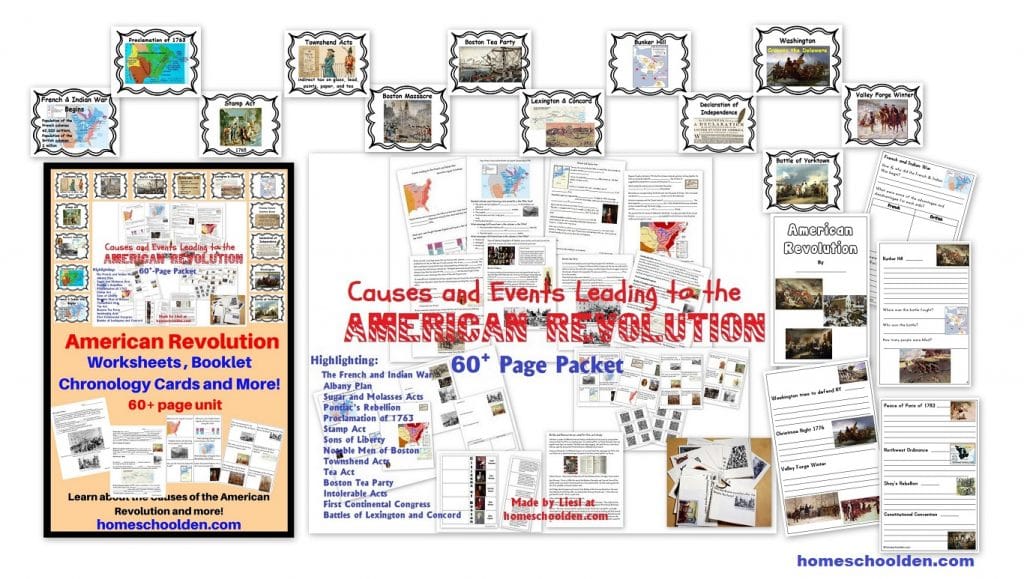
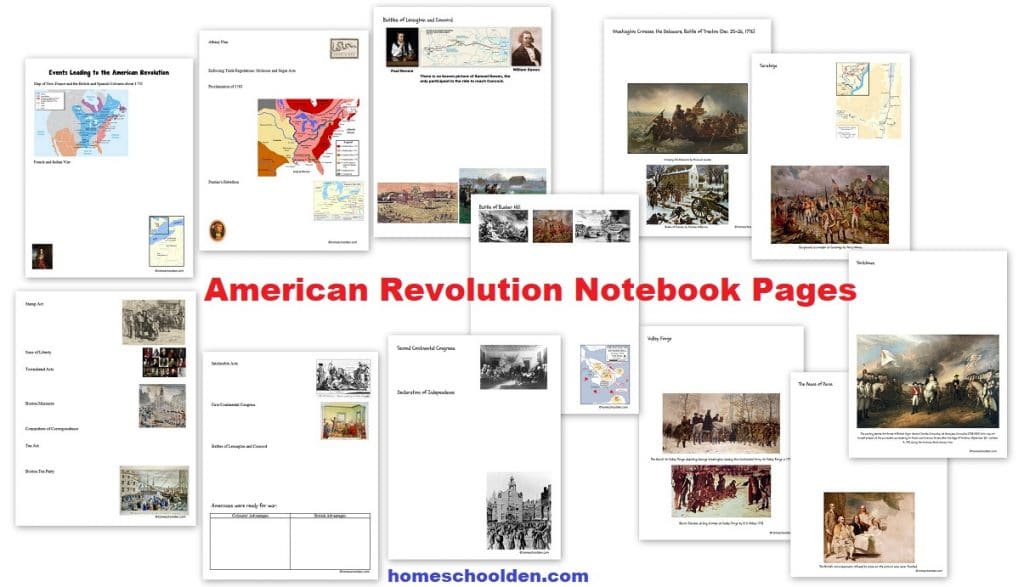
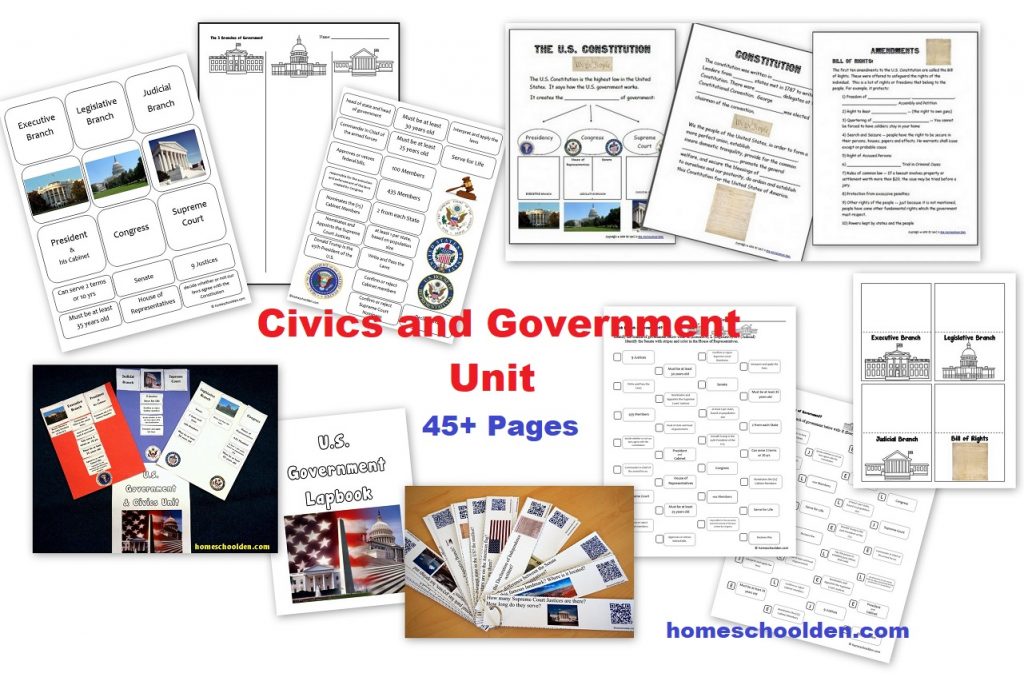
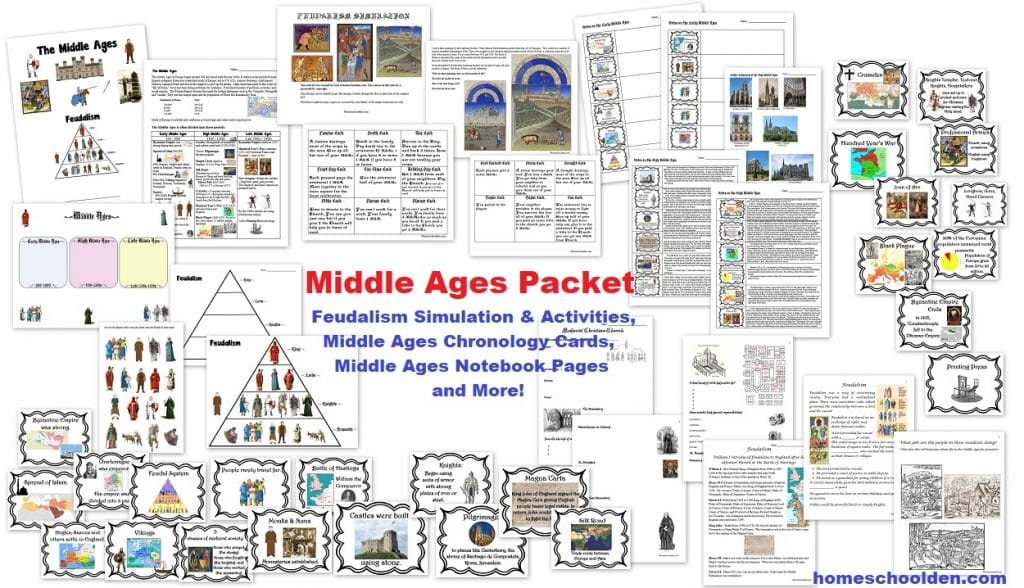
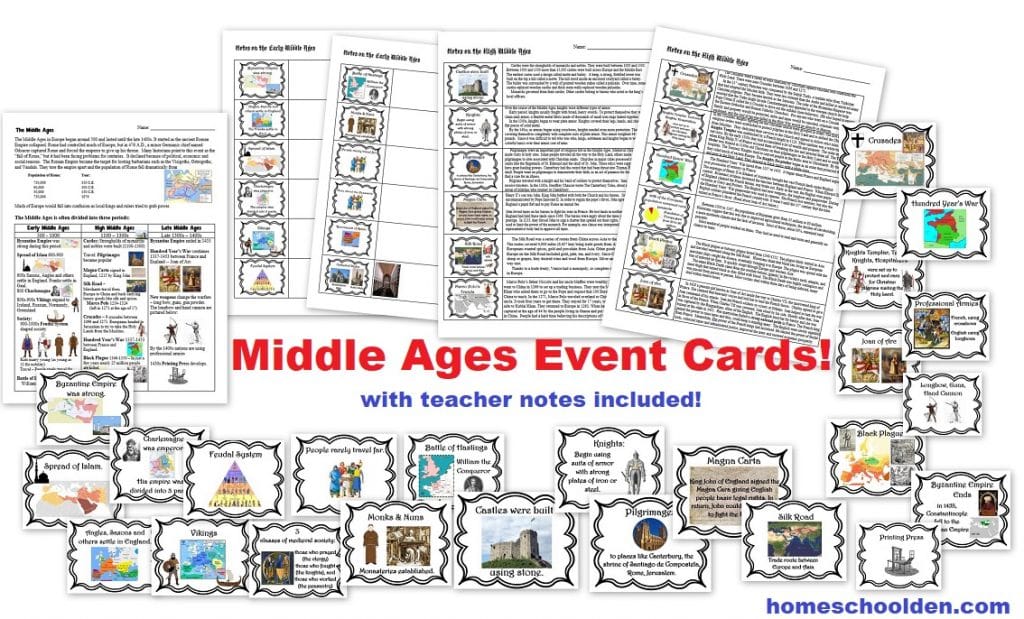

 Renaissance
Renaissance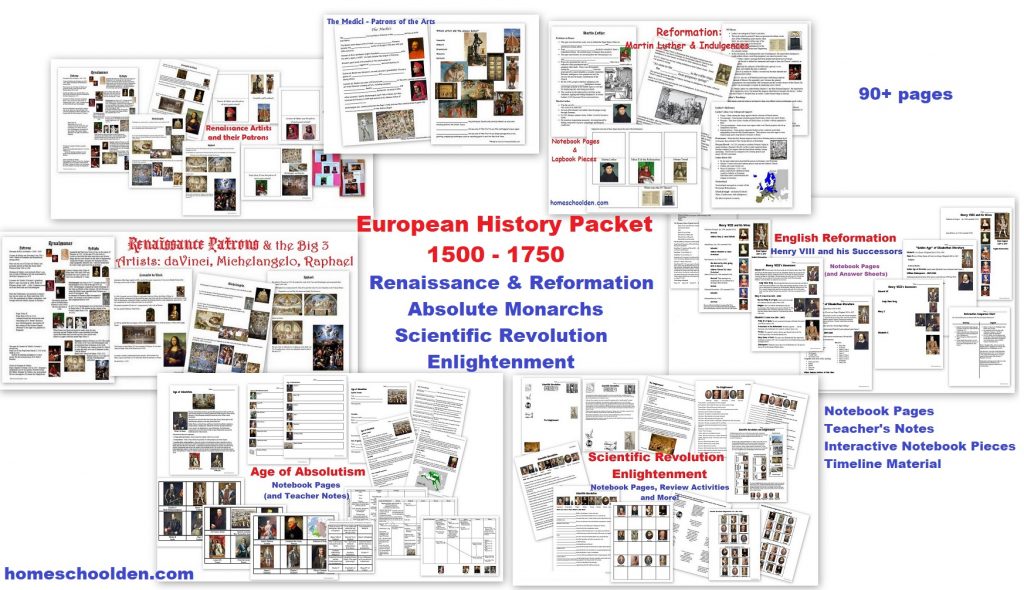
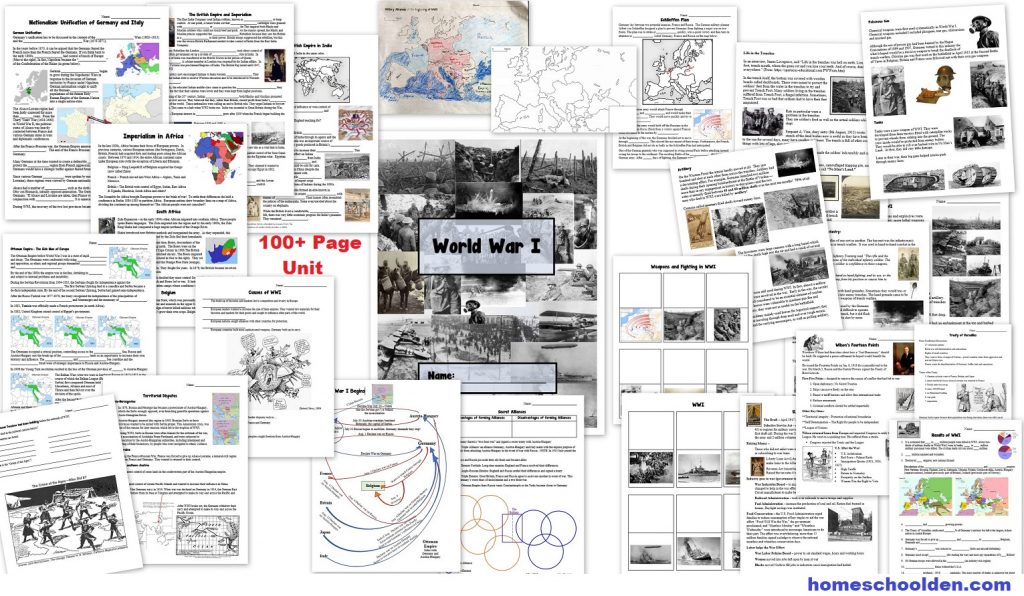
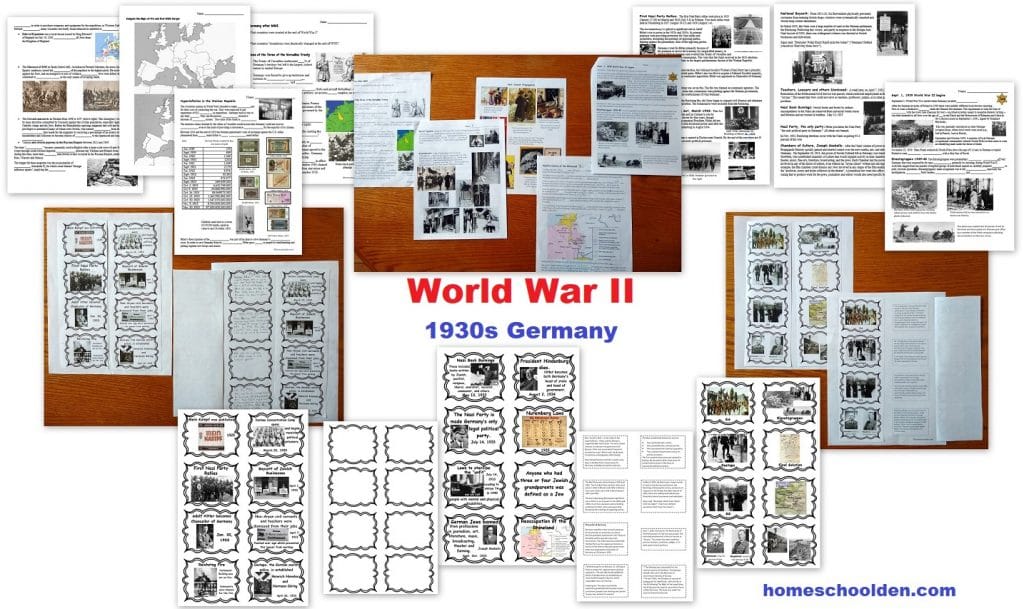

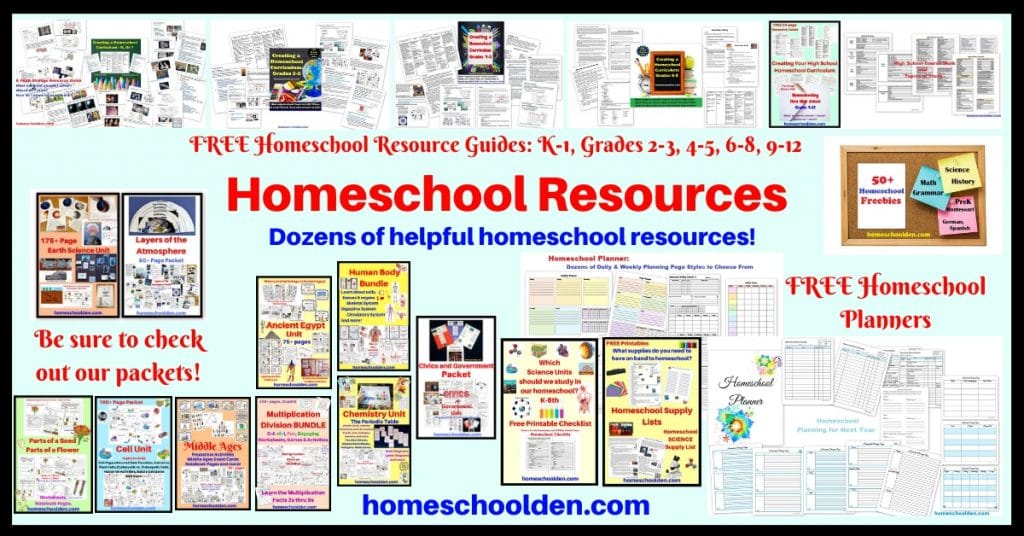
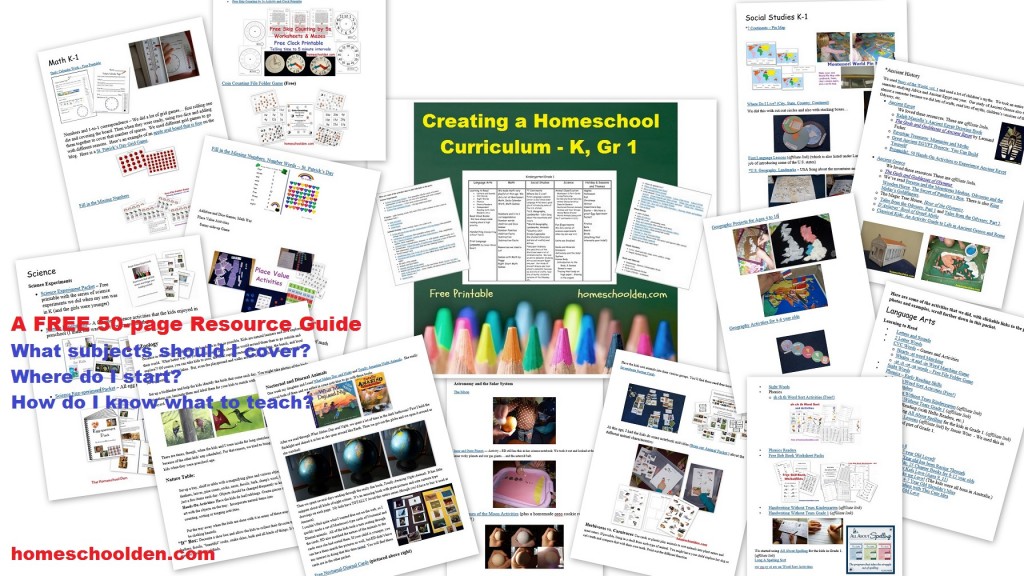
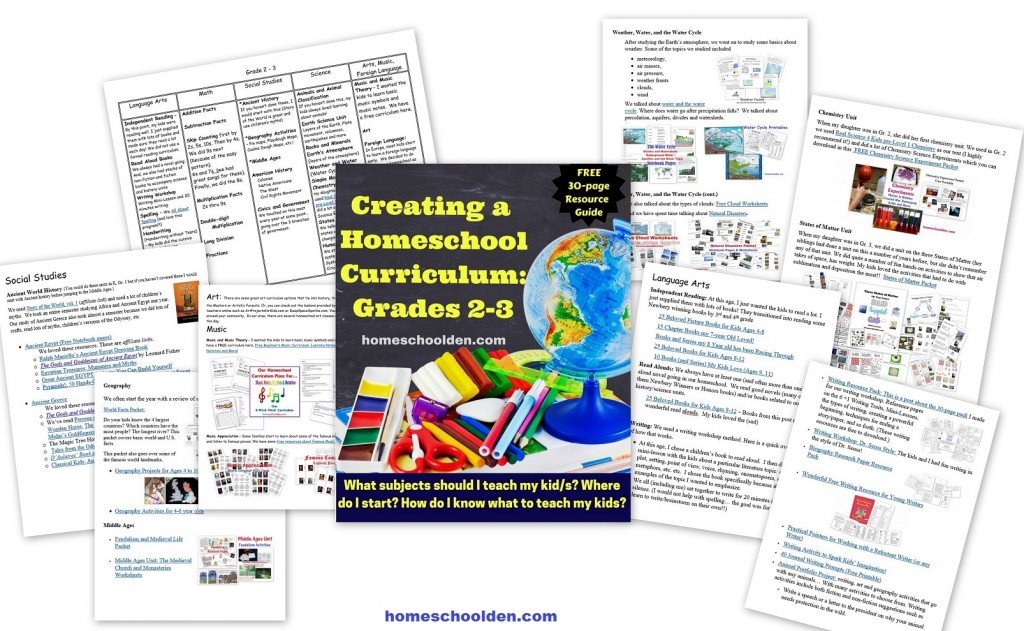
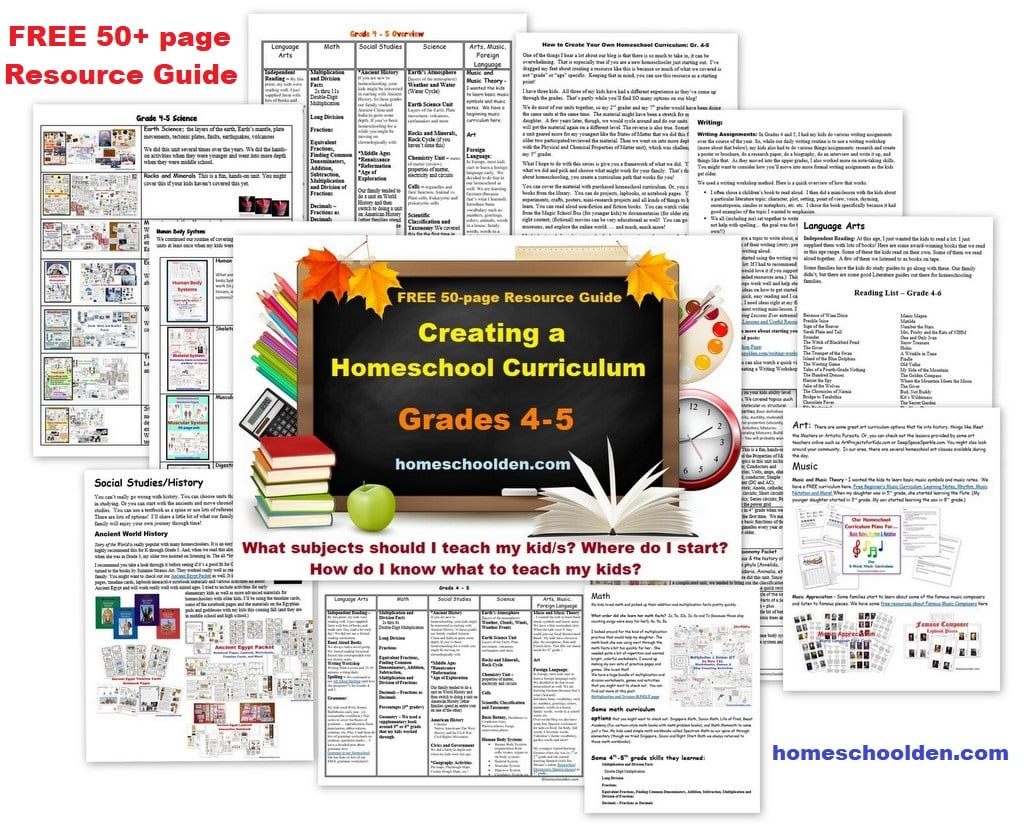
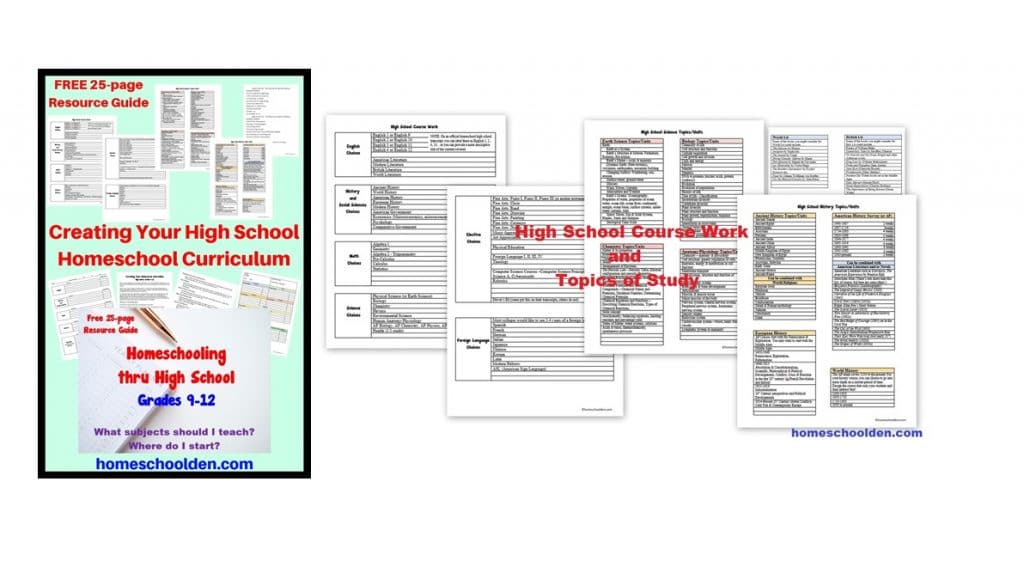


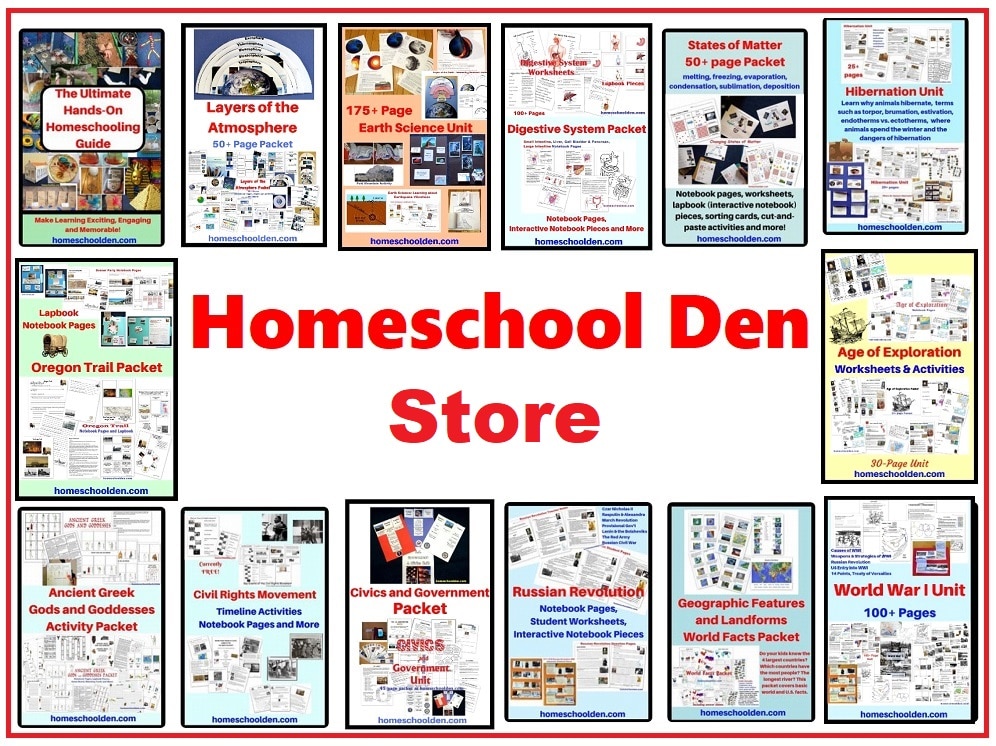
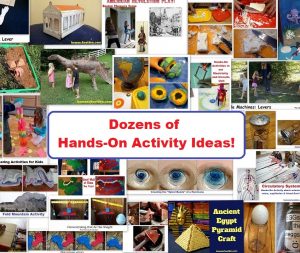


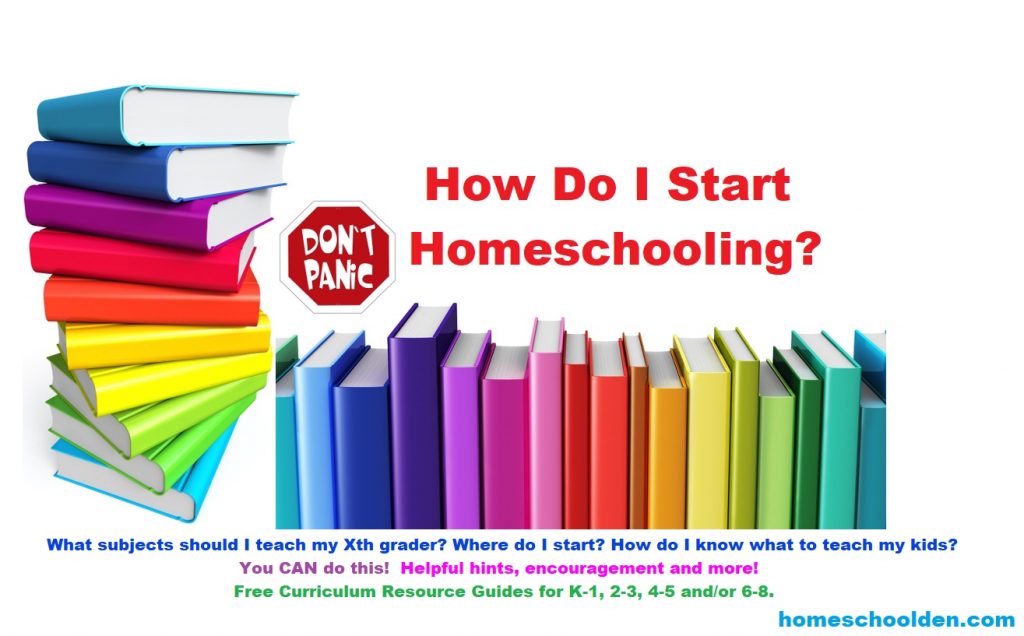
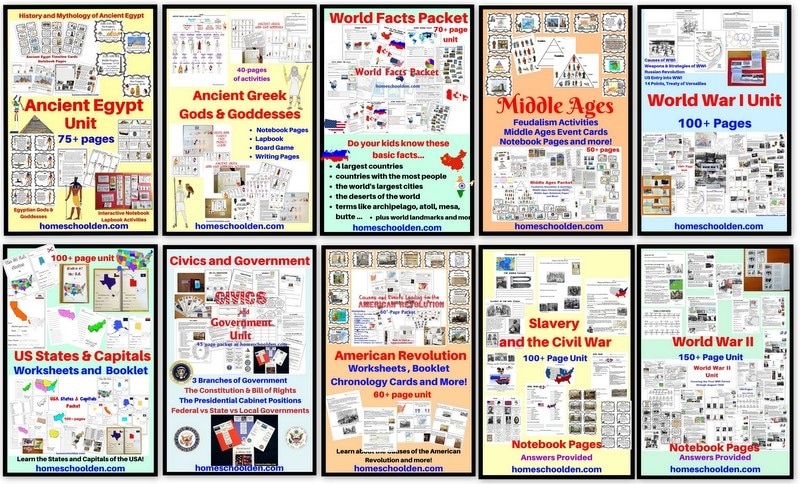
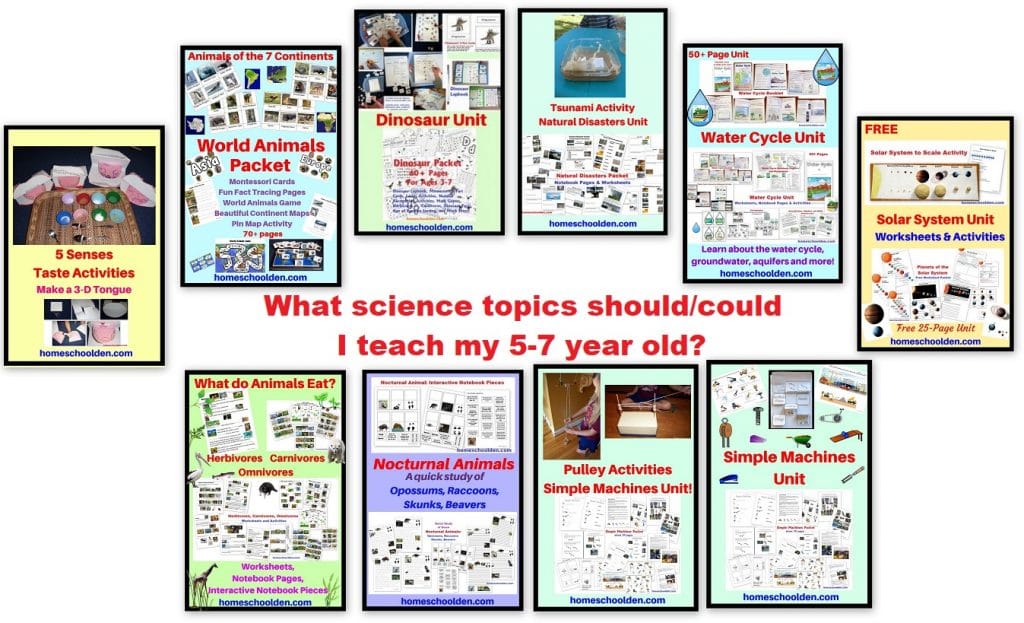

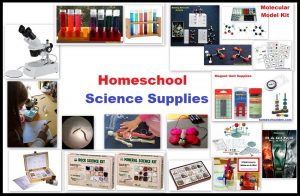
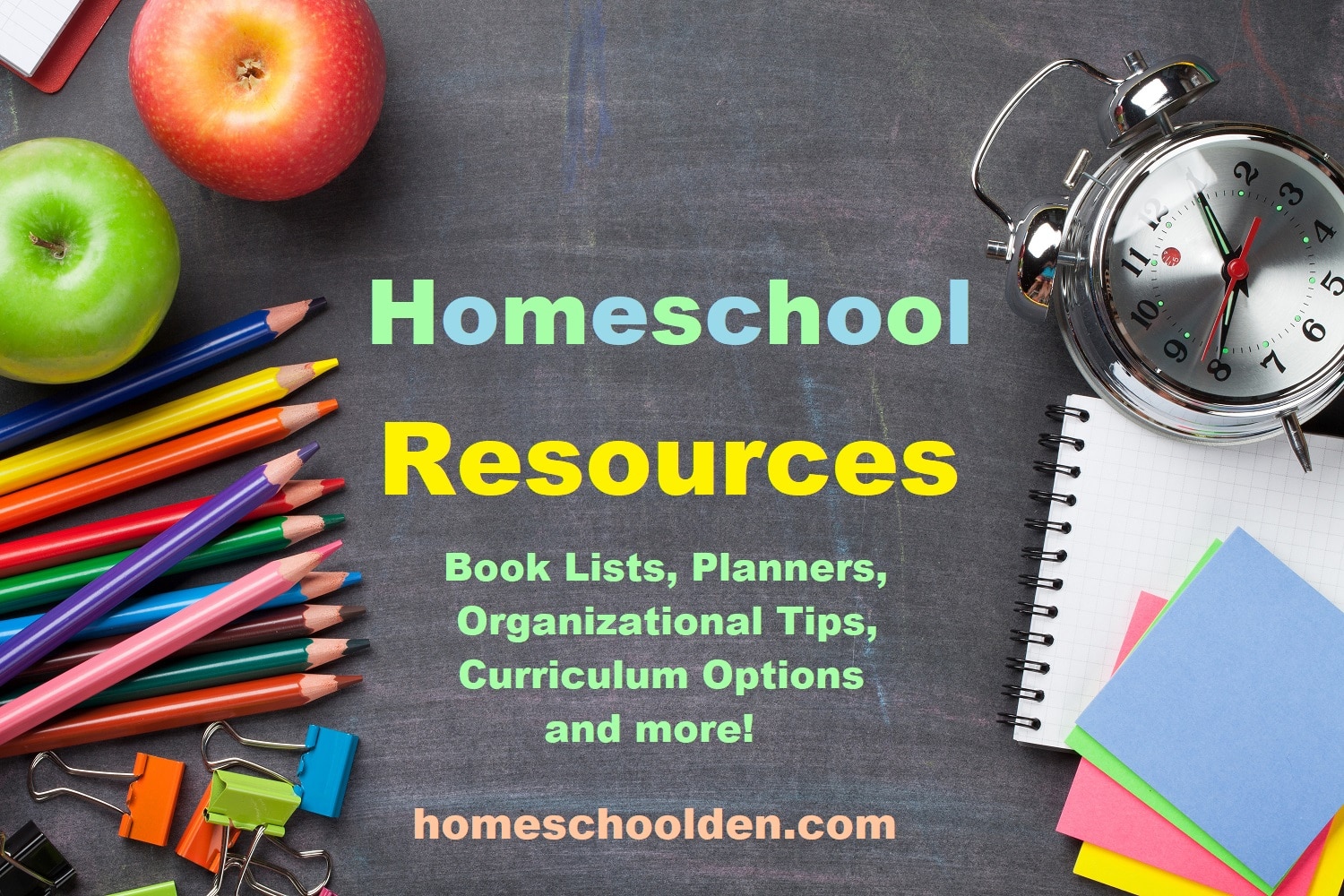
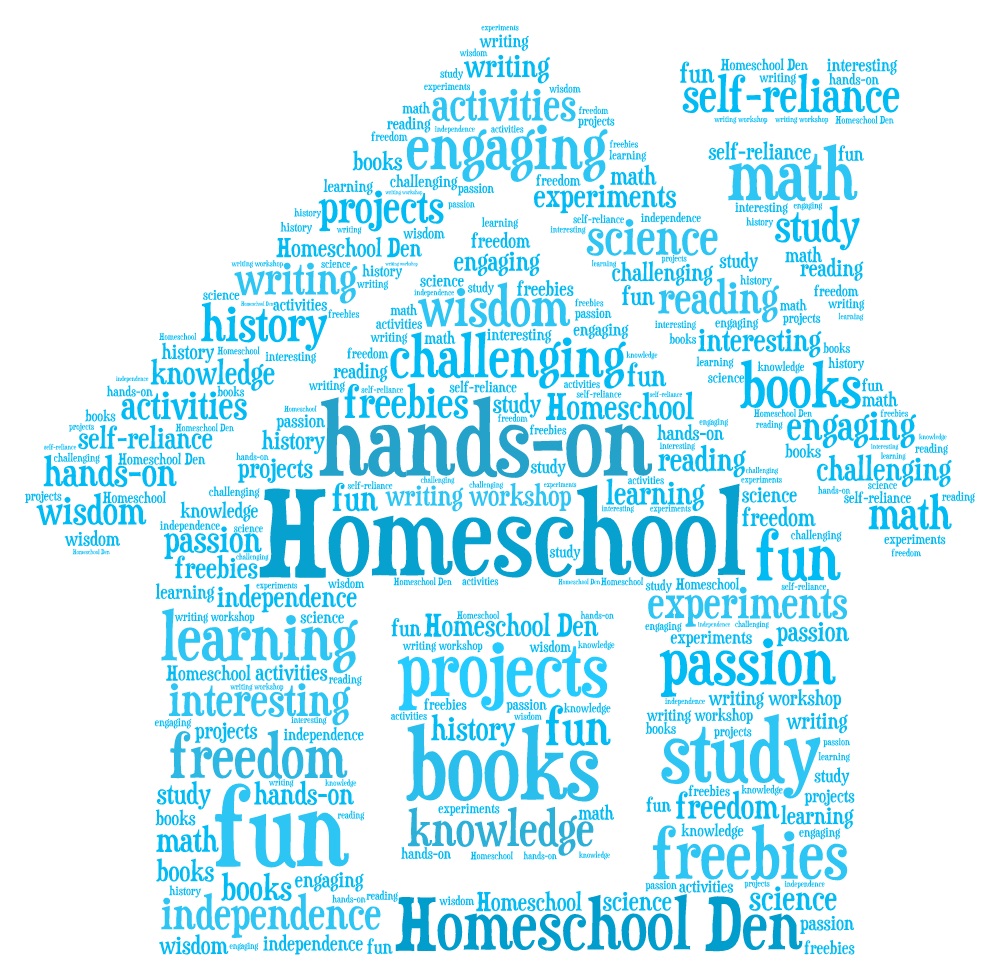

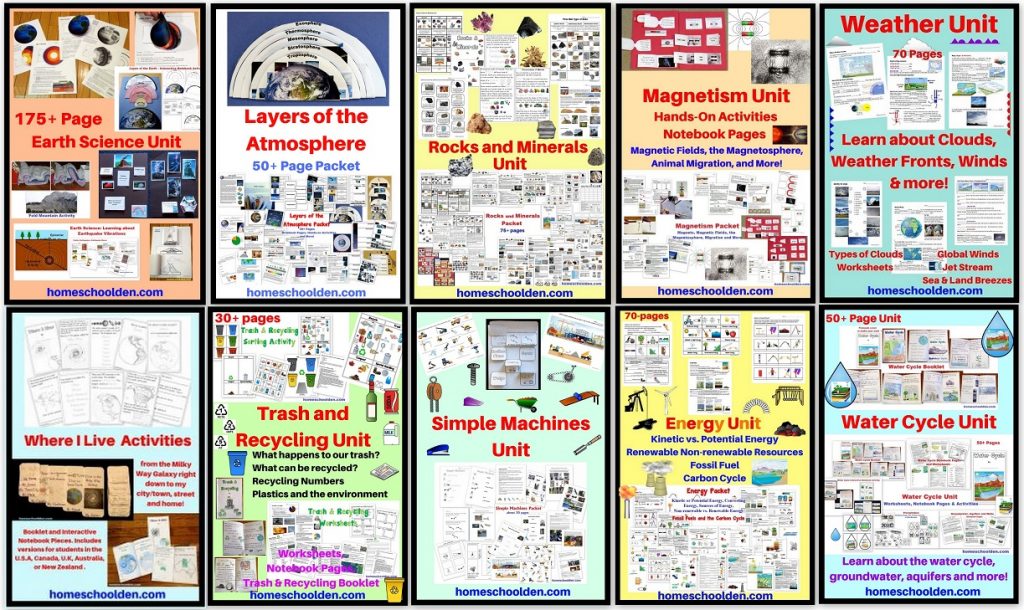
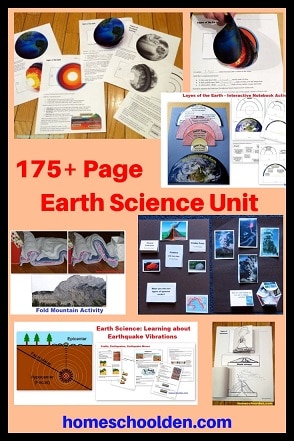
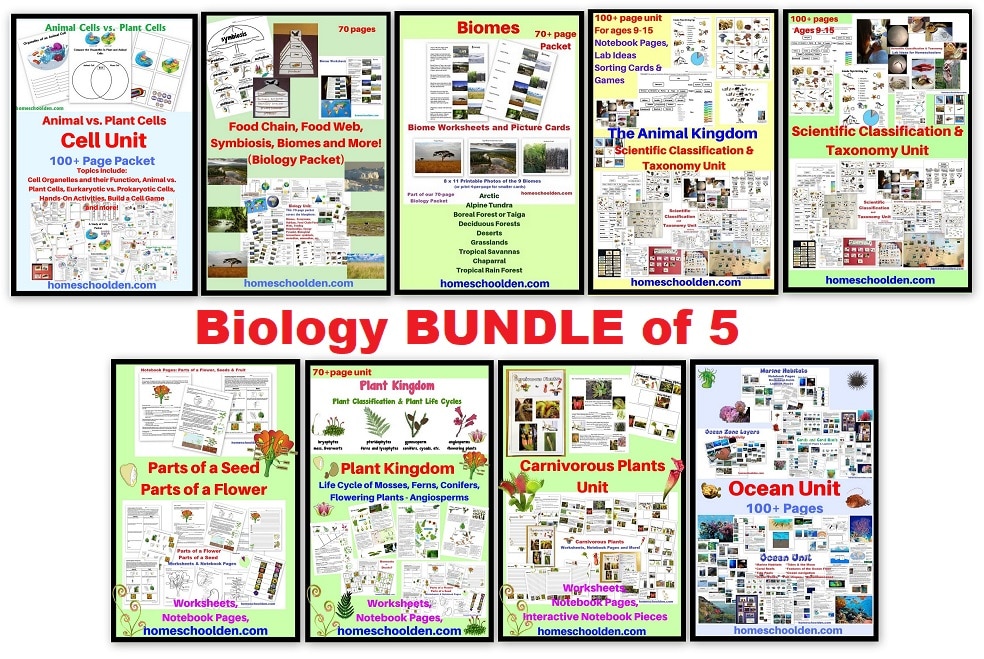
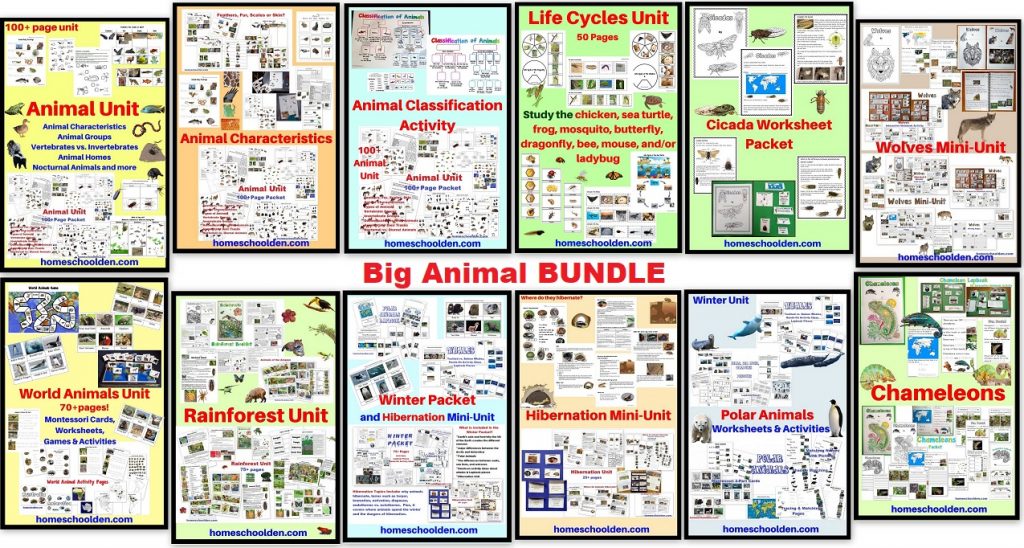
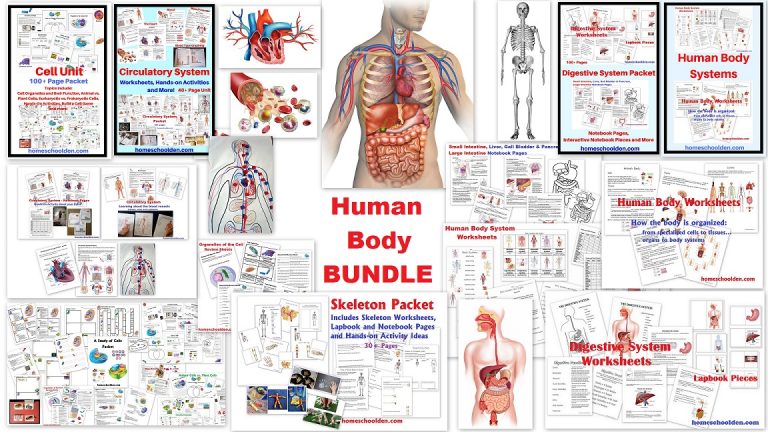
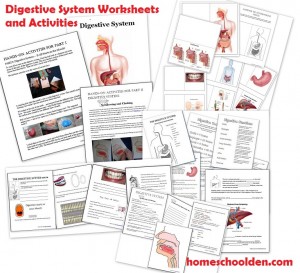


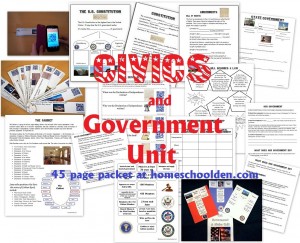
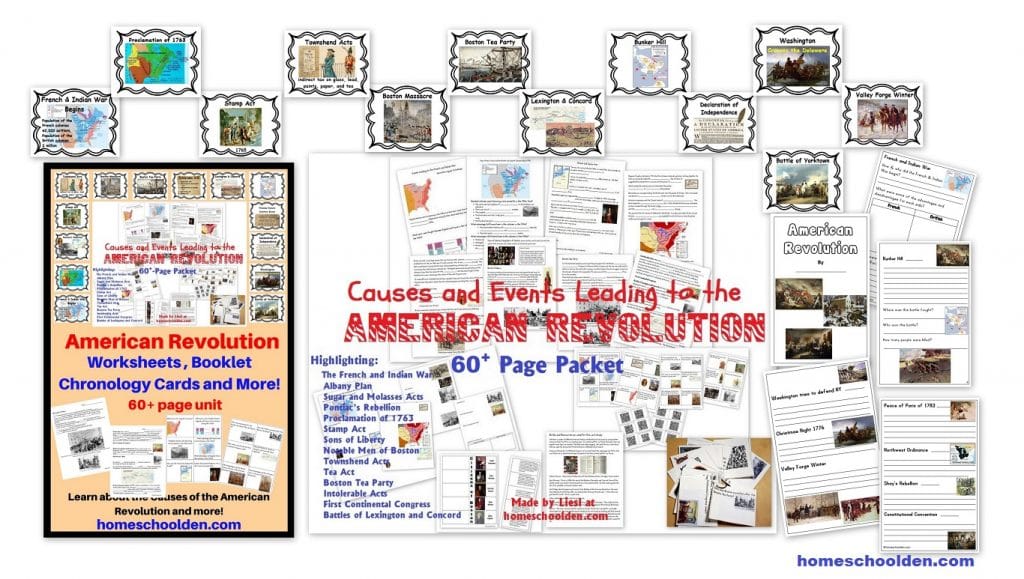
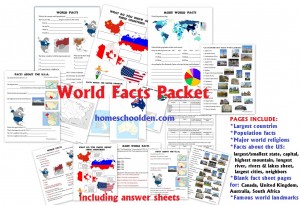
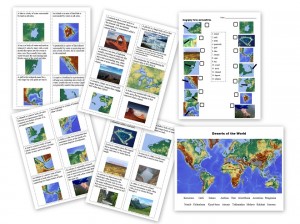
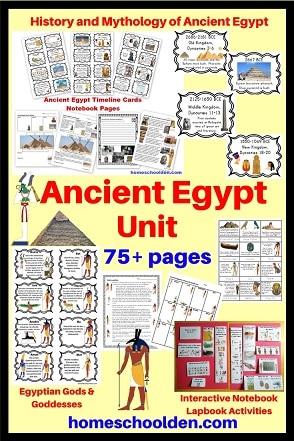
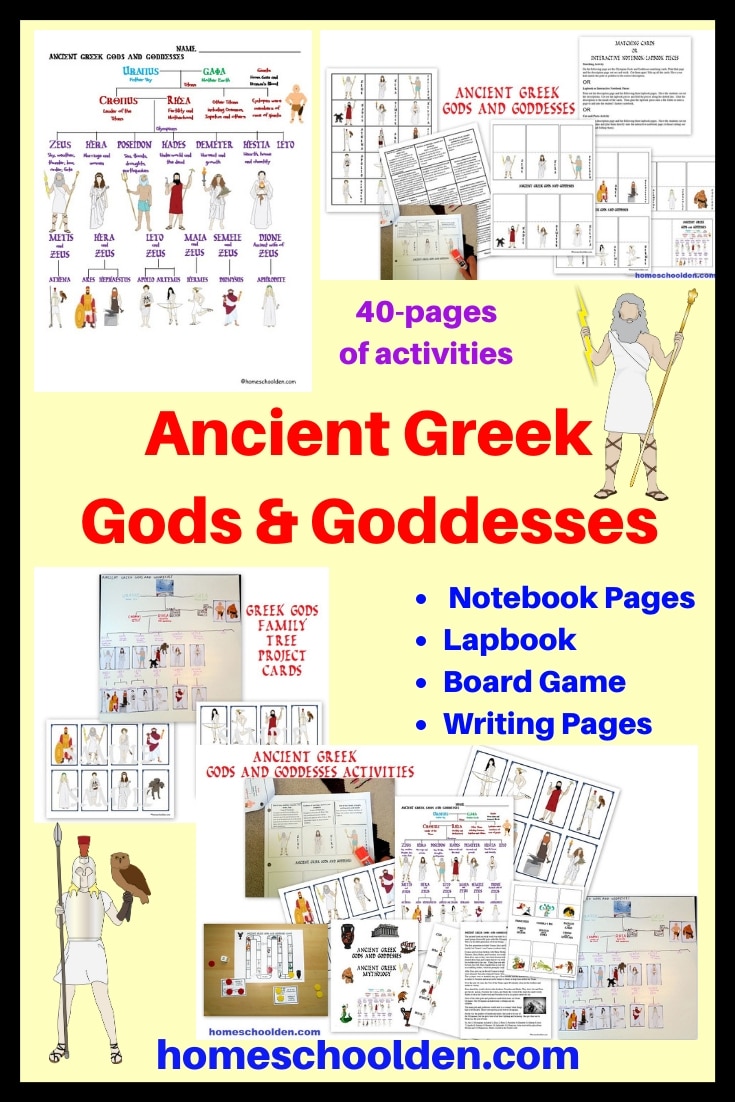


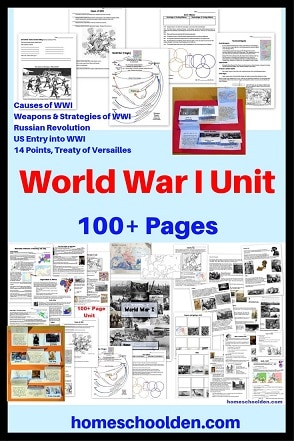
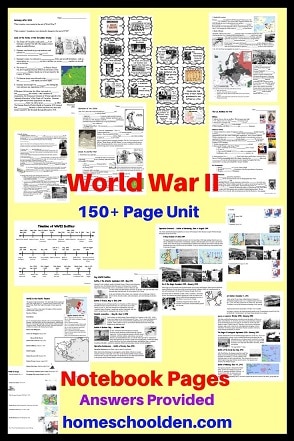
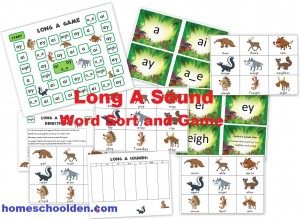
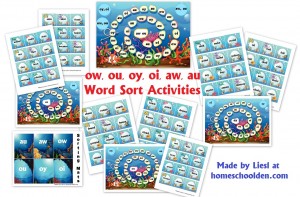
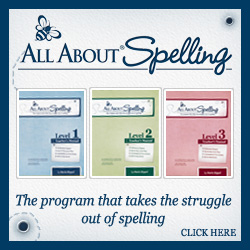
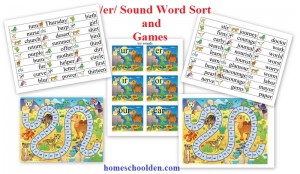
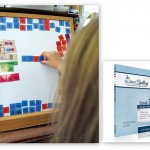
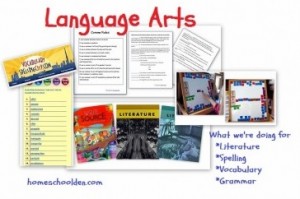
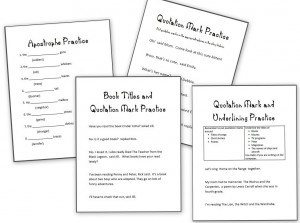

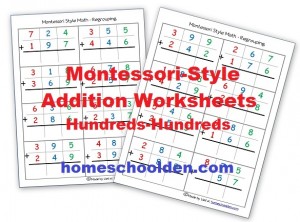
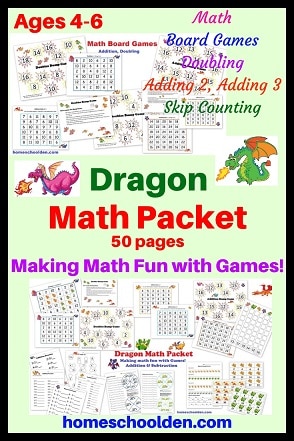
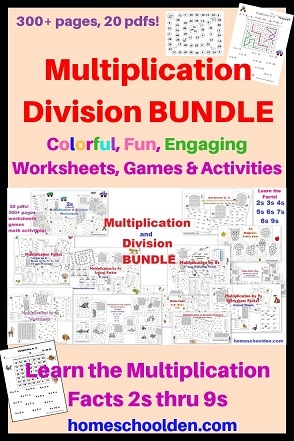
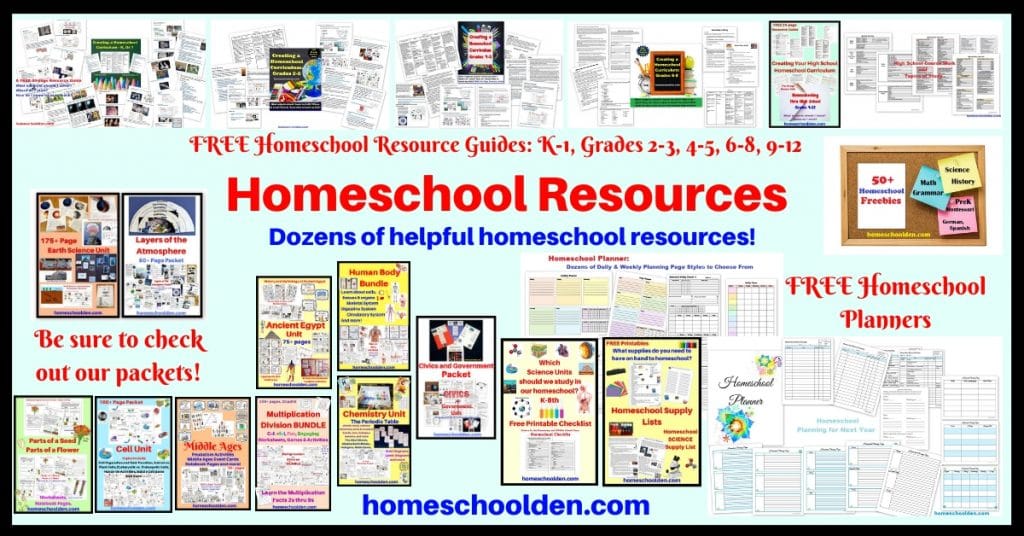
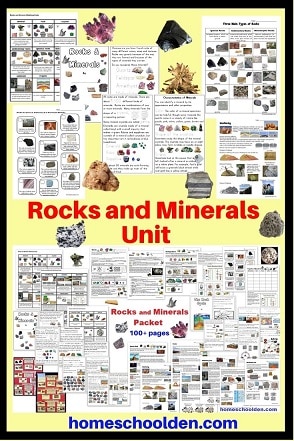
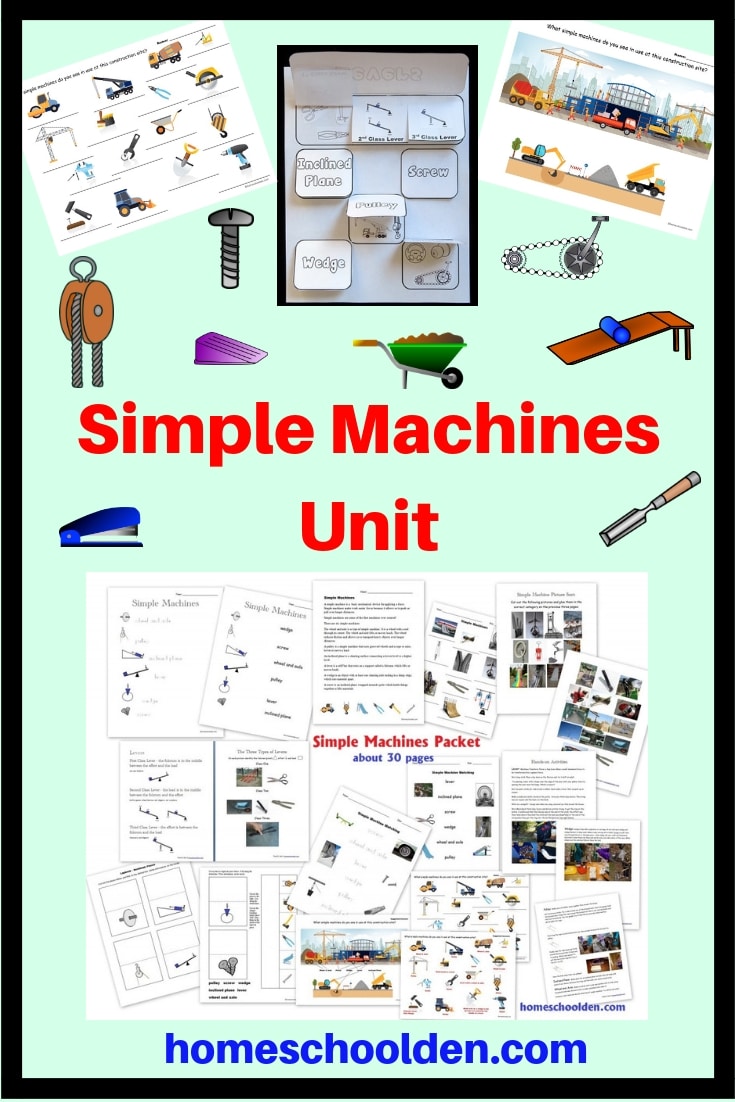
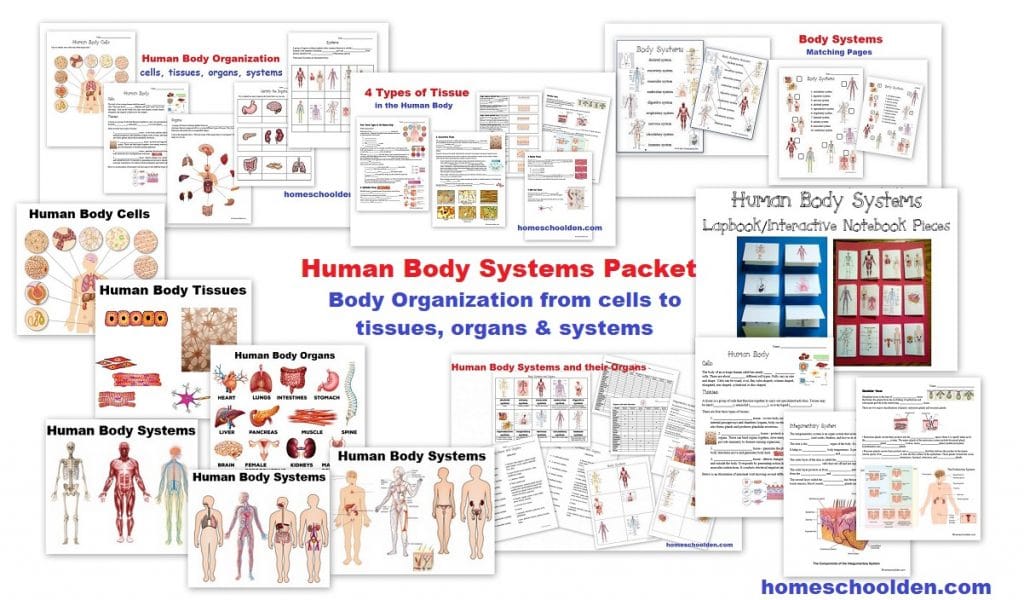
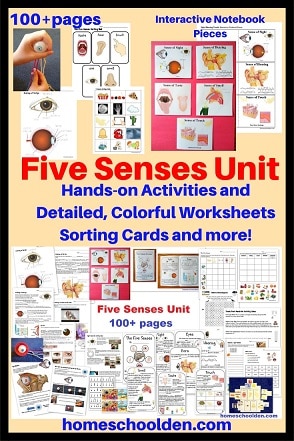
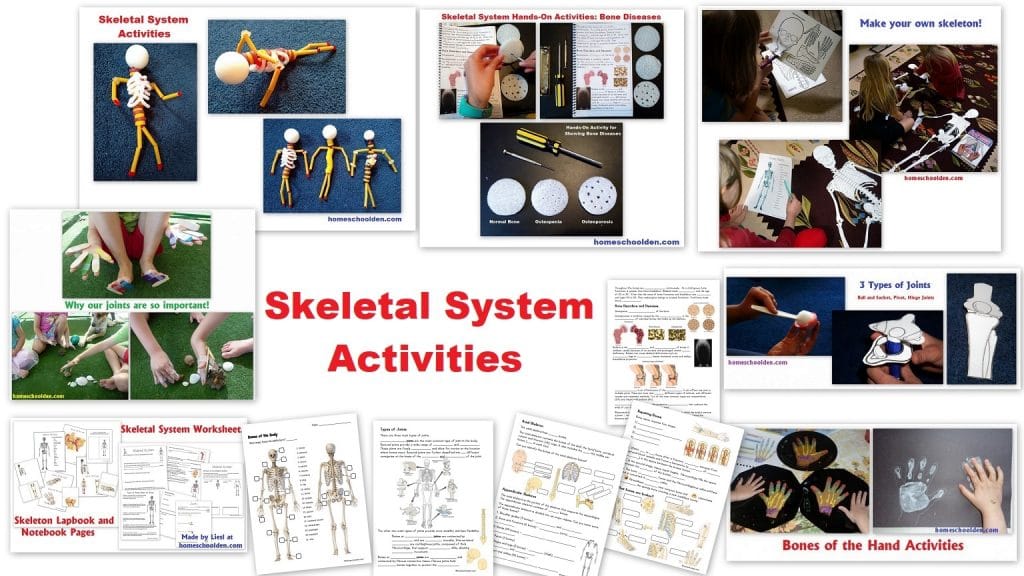
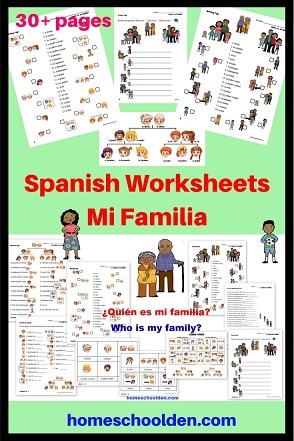
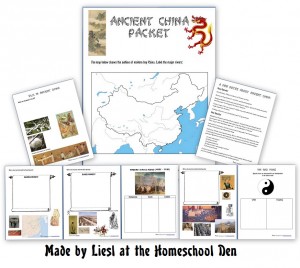
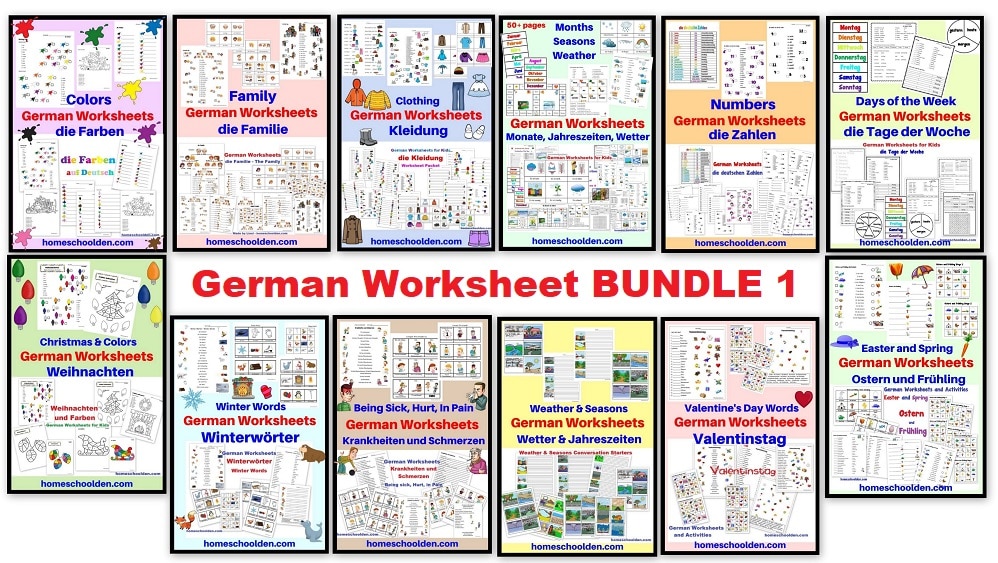
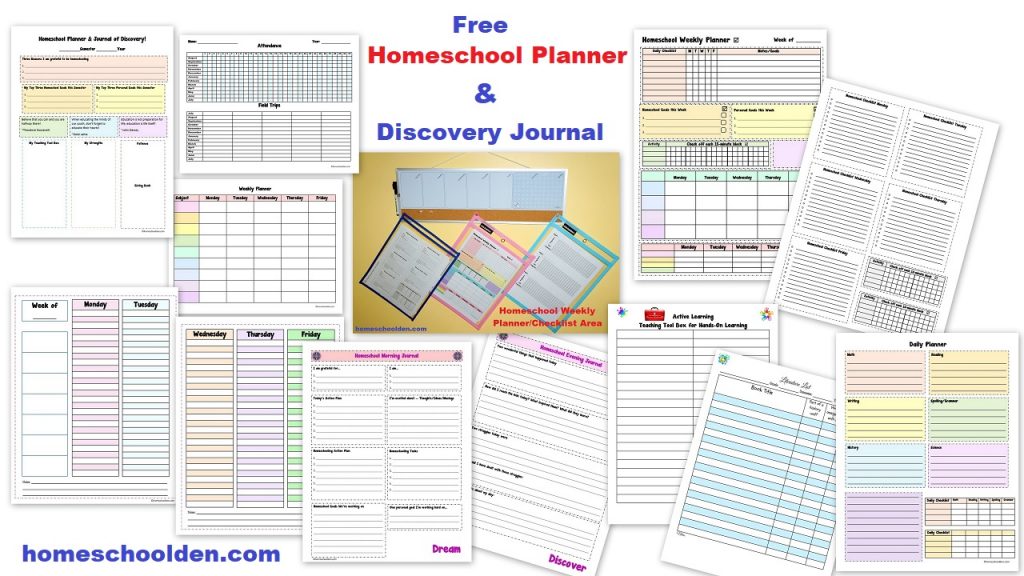
Thank you for this wonderful Information.
Hi Shannon,
I’m so glad it was helpful. 🙂 ~Liesl
This will be my 3rd year homeschooling and I just found your site. Just looking through it….it looks awesome!!! Thank you for a very useful sight…..and for making it free. Very grateful mom ??
Hi Helen,
I’m so glad you found our website! You’re very welcome… I hope the Curriculum Resource Guide is helpful! I know I’ll need to update regularly as my girls come up through the Middle School years! There are always things/topics that we want to revisit or explore in more depth! I just love homeschooling! 🙂
Thanks for leaving such a nice note. Hope you have a great homeschool year!
~Liesl
I love it??.
Thanks
I’m so glad it was helpful! ~Liesl
Hi Liesl, I stumbled upon your youtube video which then led me to to search for your website. I am pulling my boys (ages 10 and 5) out of school at the end of this current academic year and will start homeschooling in the 2019/20 school year. I find your website so INVALUBLE!. I appreciate your knowledge and experience as an educator and I also appreciate you for sharing this information with all of us. I already subscribed to your newsletter.
Hi Stella, Welcome to homeschooling! I’m so glad you’ve found the blog and that some of the things we’ve posted have been helpful! 🙂 I love hearing that! We just love homeschooling and enjoy sharing what we’ve done along the way… and hope that it helps as you begin your own homeschool journey! There are just so many wonderful things you can do with your kids. I think the hardest thing is trying to figure out just what to cover (and then to be okay with that decision and not to second guess yourself!). The exciting and intimidating thing is that there are endlesses choices of *what* to cover. But in the end, the *what* is just a means to an end… building joy in learning, helping the kids develop the skills they need (writing, researching, enjoying learning more, learning how to do power points, learning how to memorize, learning how to speak and convey ideas, learning language skills, and tons of other things I’m not thinking of!), not to mention building a strong sense of themselves, becoming confident/strong/independent young person! Remember that you (or any educator in any homeschool or any classroom!) cannot cover everything. We are all picking and choosing along the way. It’s hard not to compare what we’re doing to what we *think* everyone else is doing!! Comparison can stress all of us out!! Just dive into your own homeschool journey, love your kids, watch them build skills along the way and know that you are the *perfect* educator for your kids! You will know their strengths and weaknesses … and you of anybody on the planet will have their best interests in mind! You can definitely do this! Happy Homeschooling… and you can always feel free to reach out to me by email if you have specific questions along the way! ~Liesl